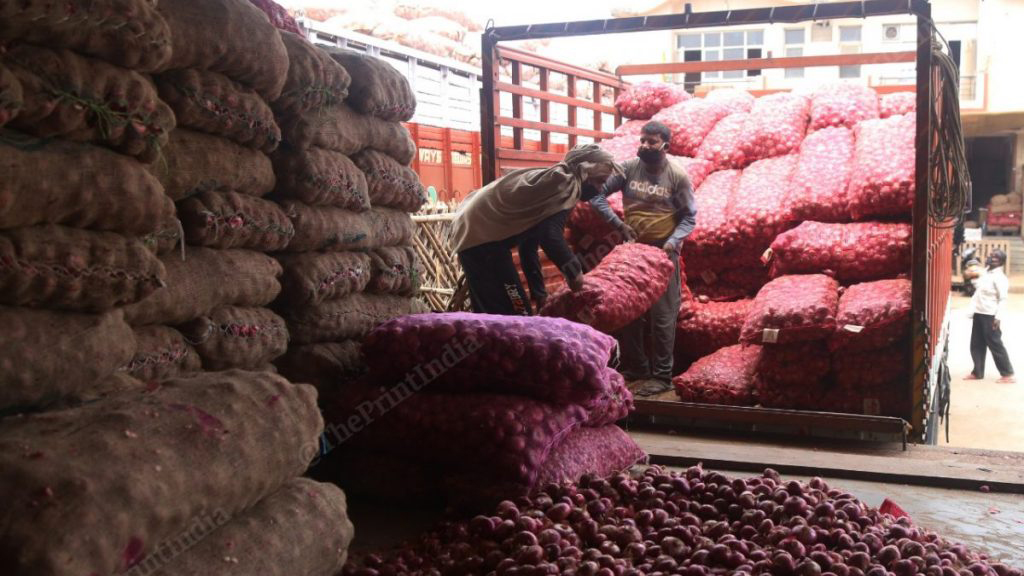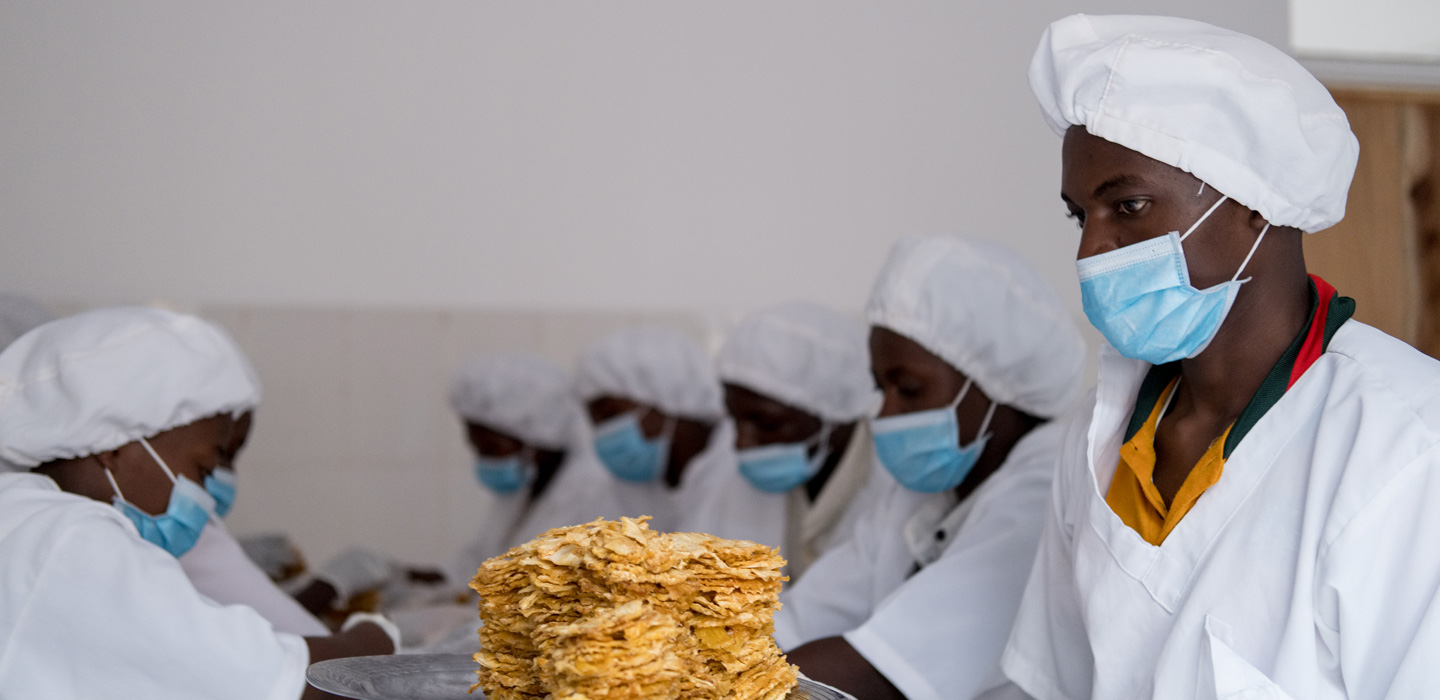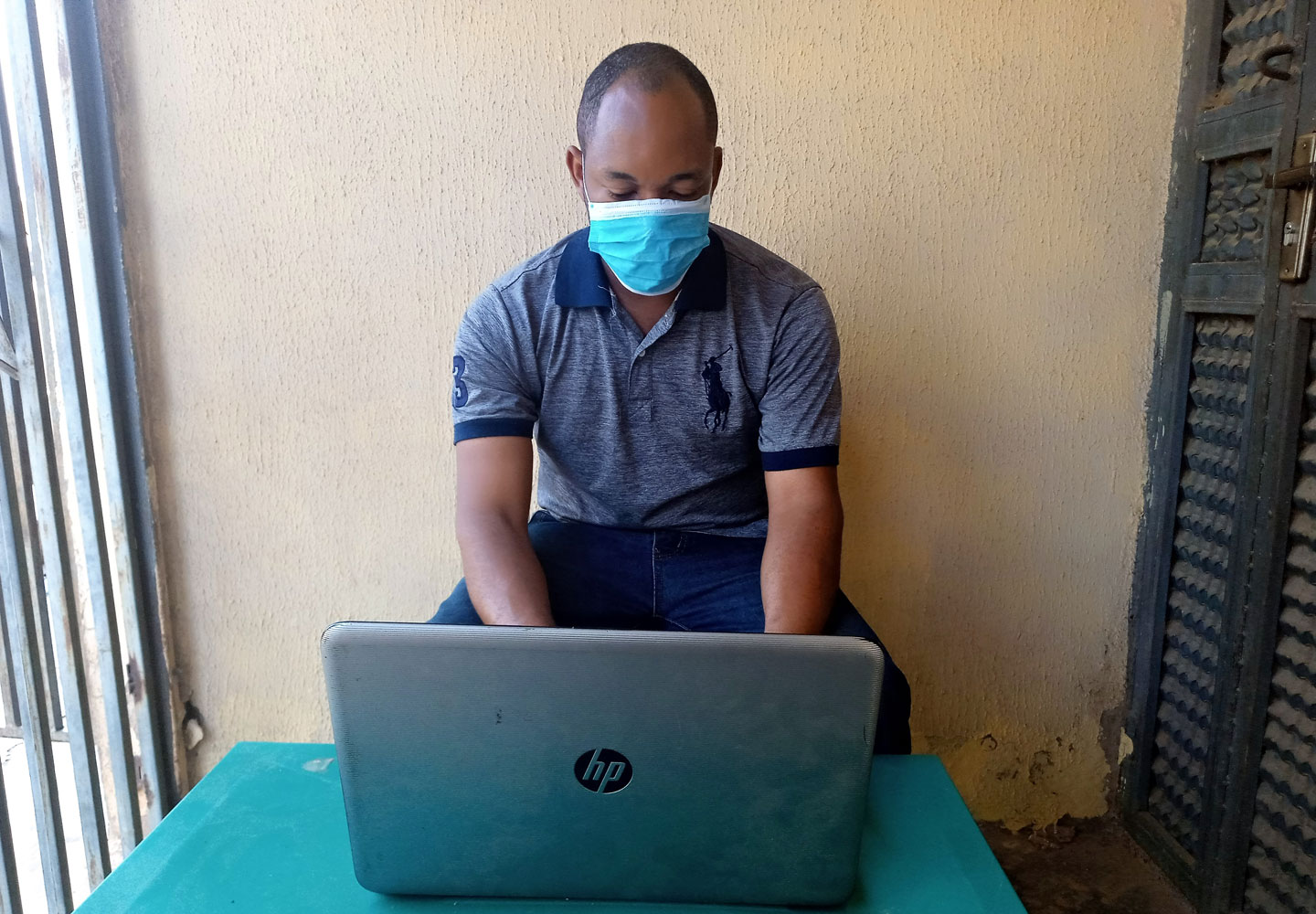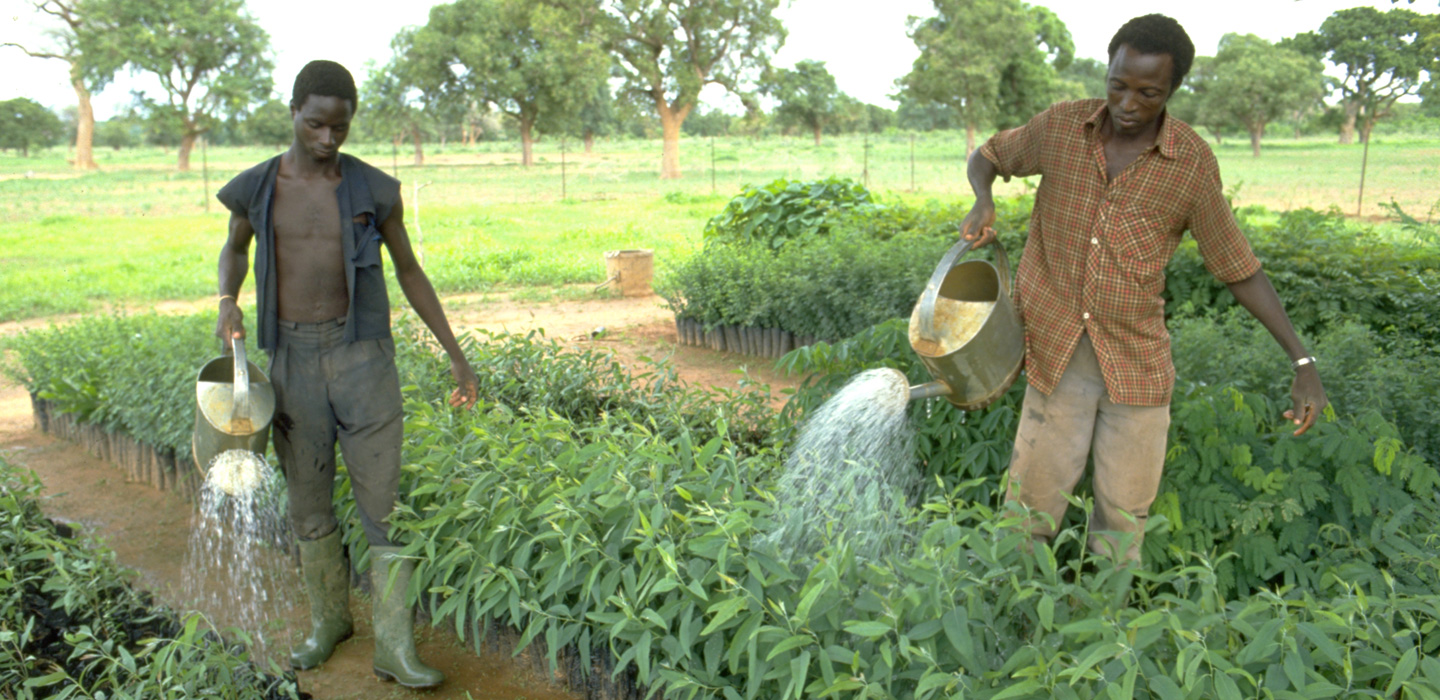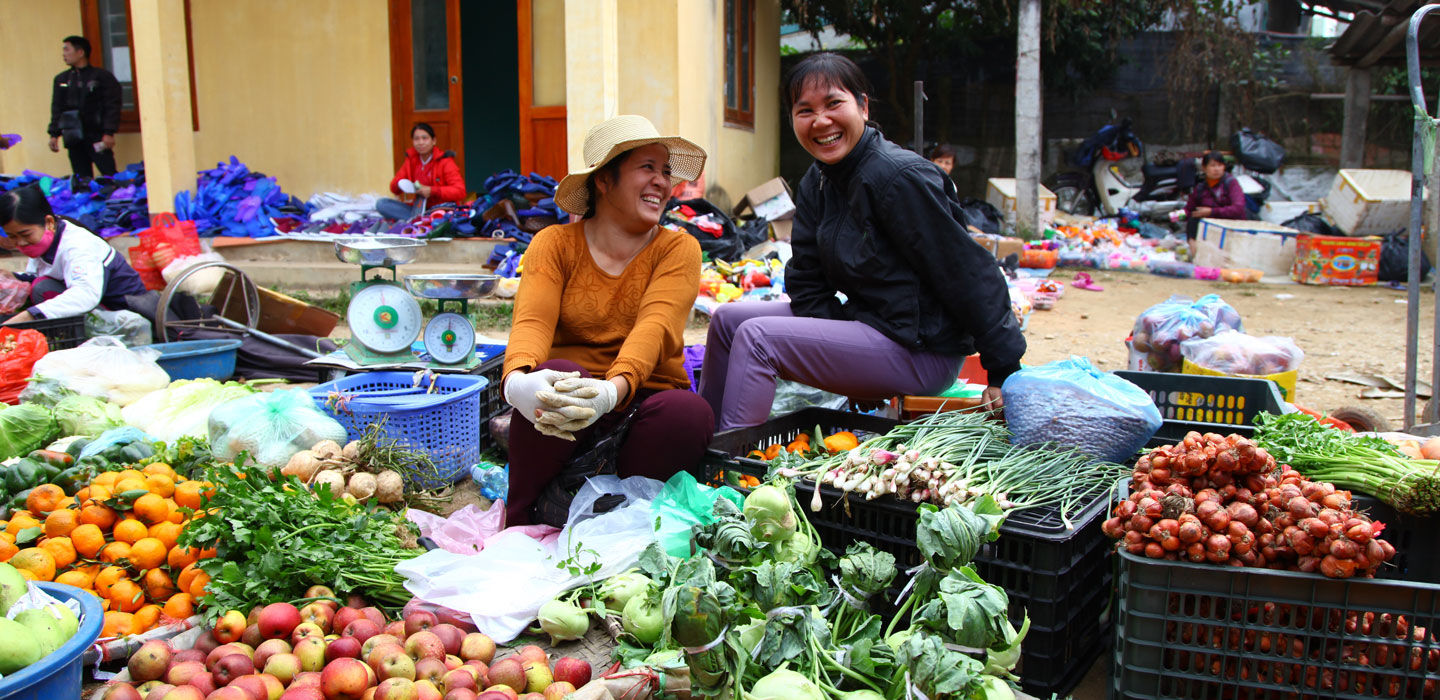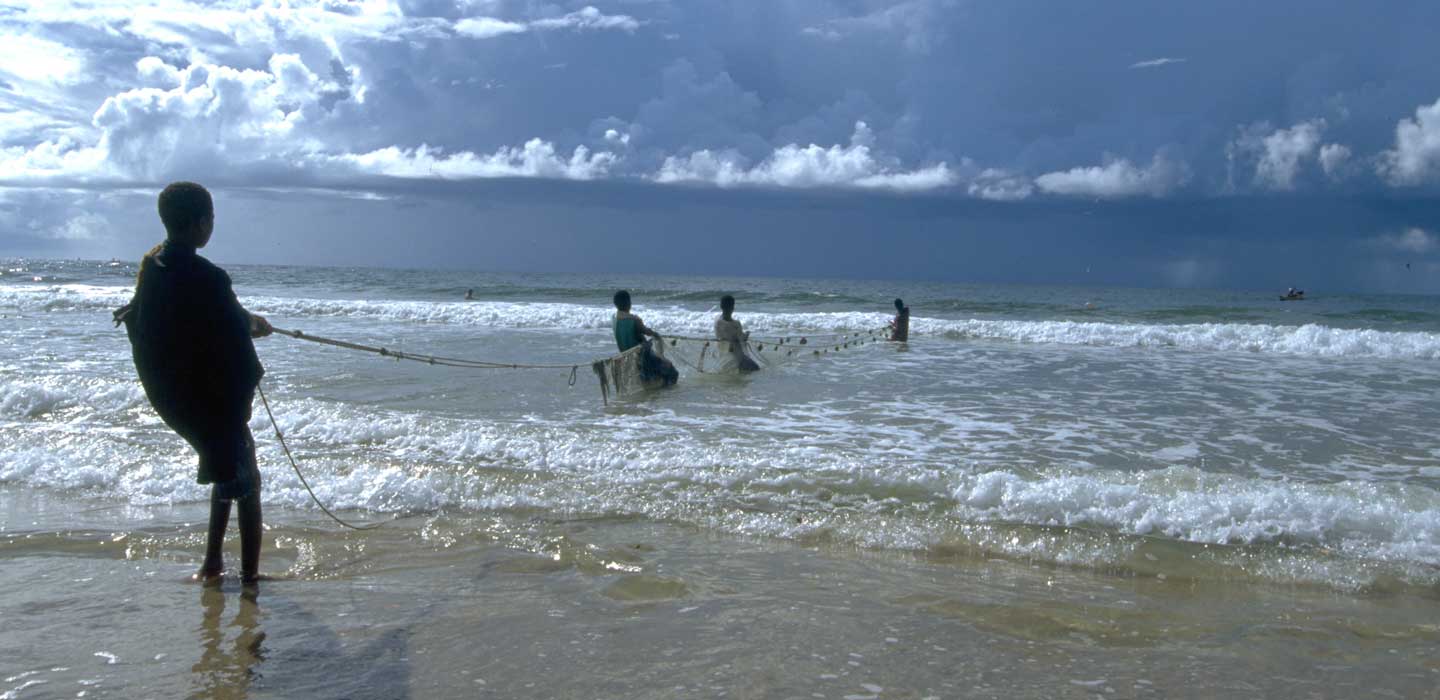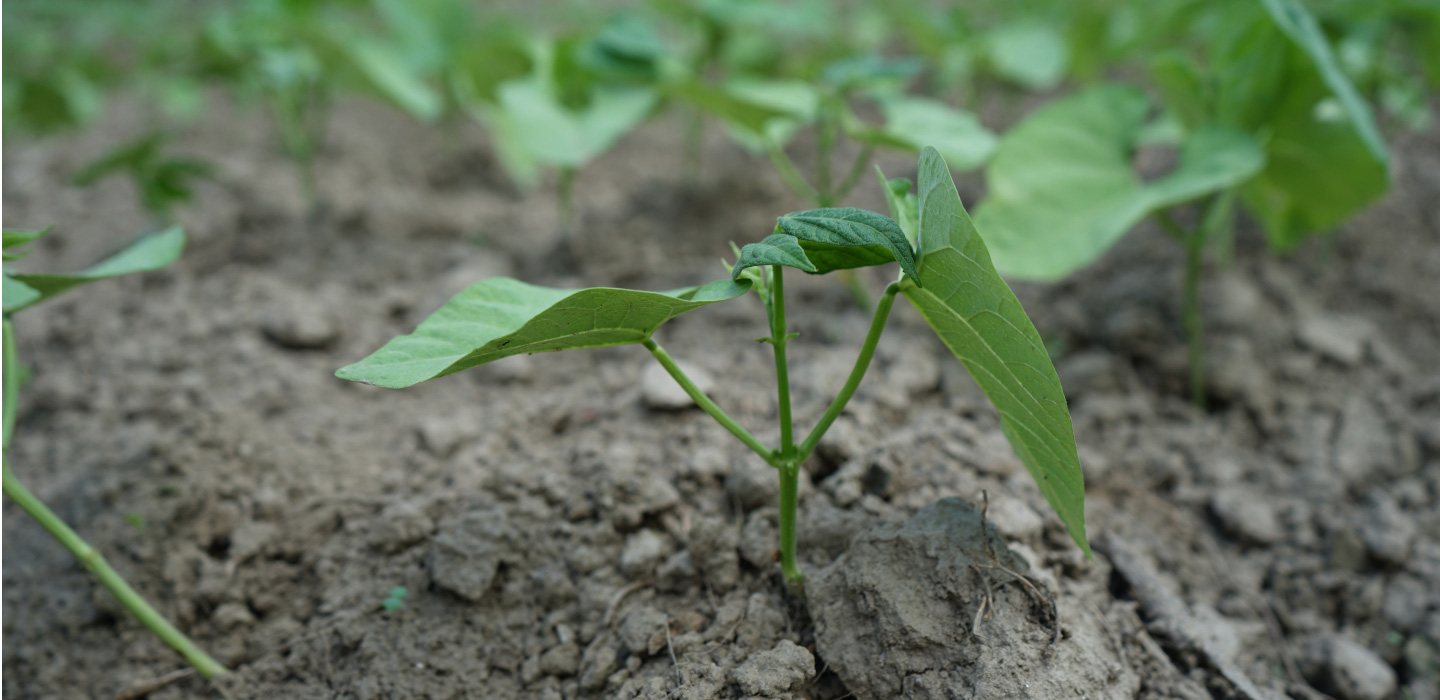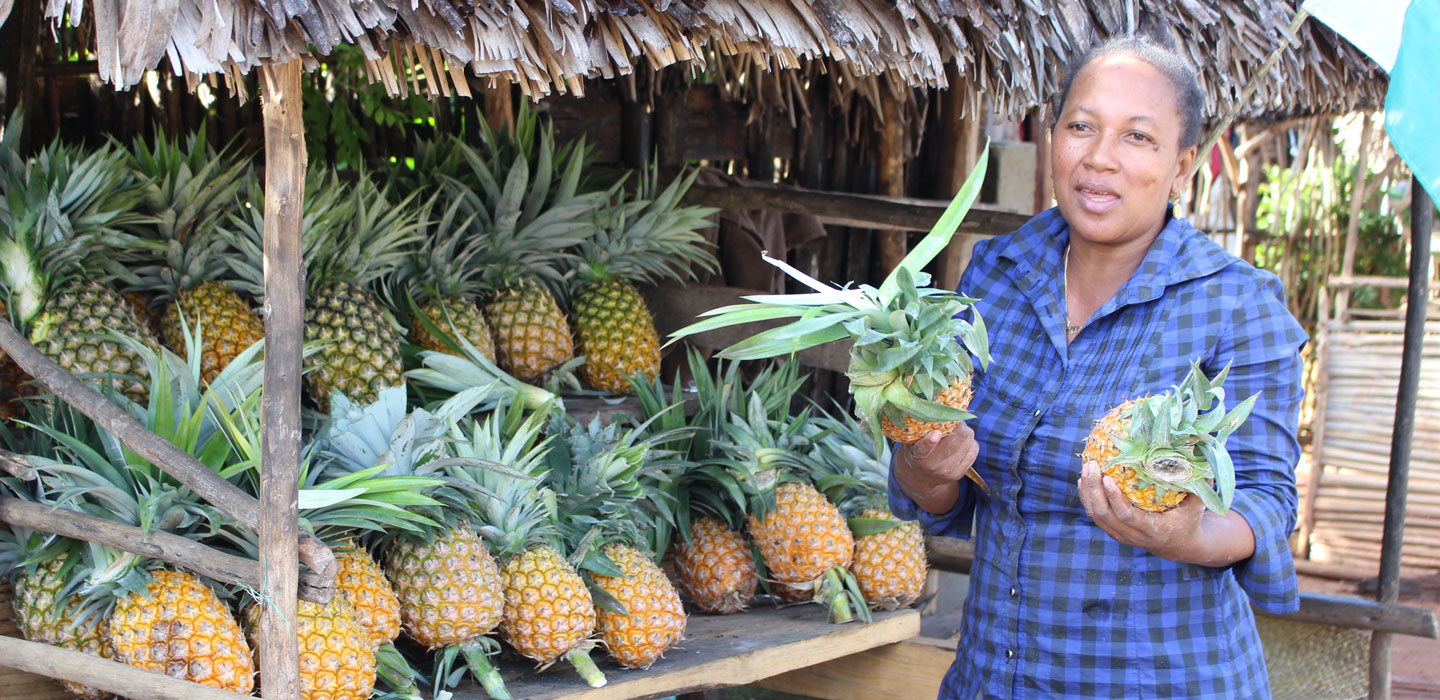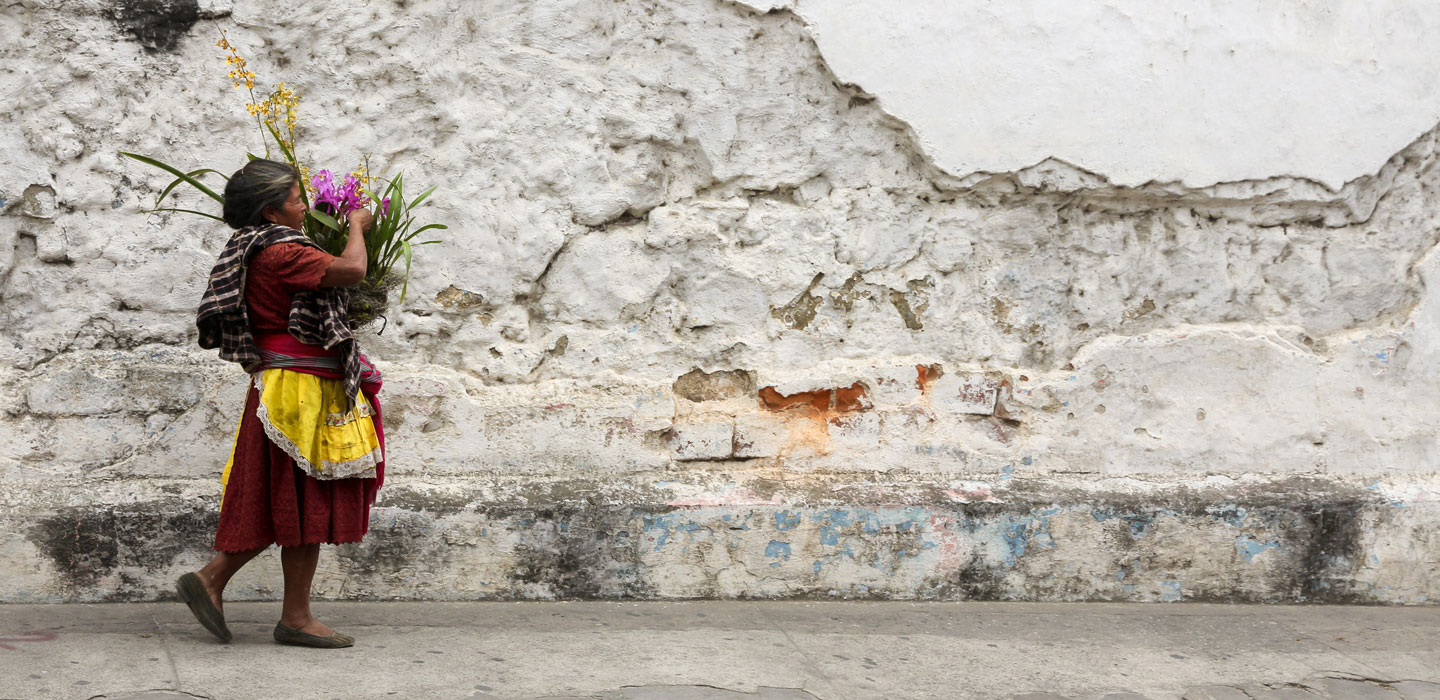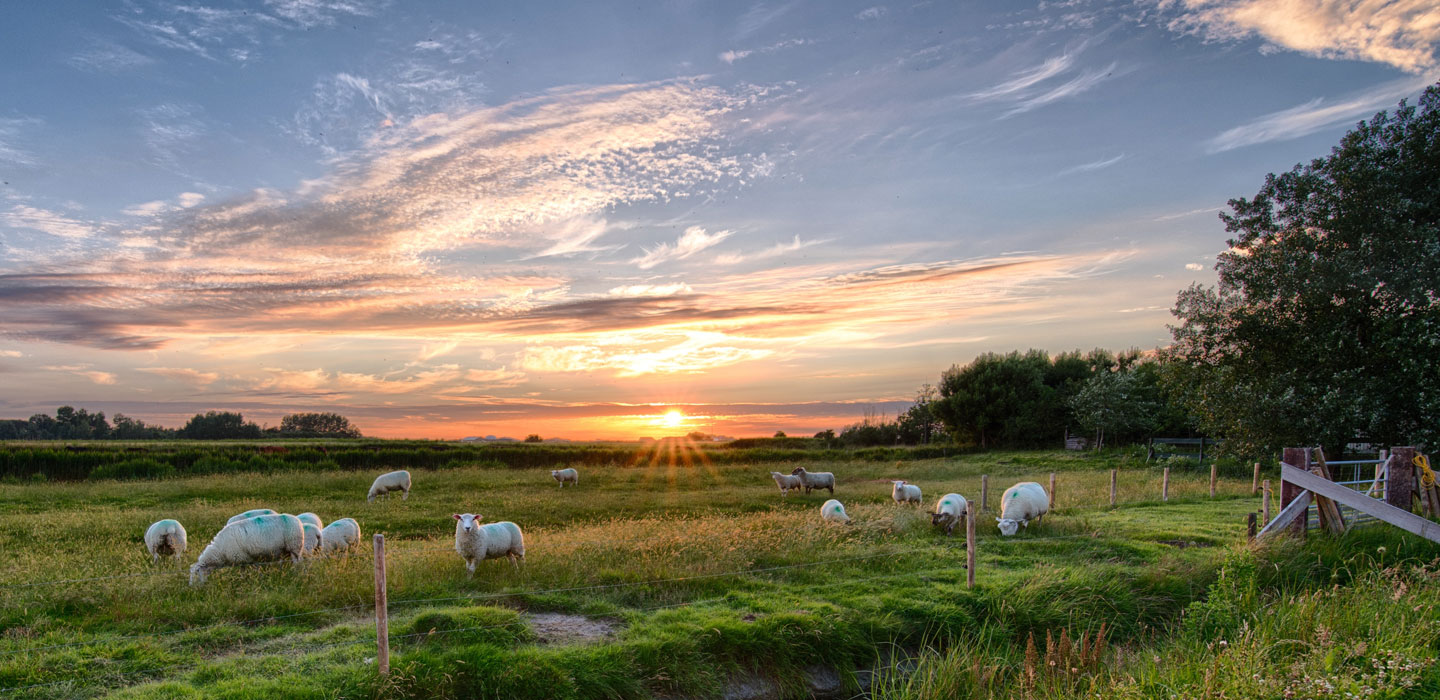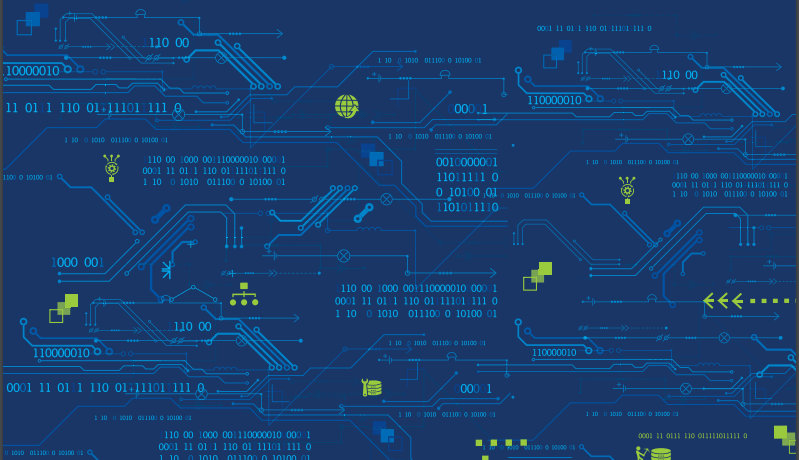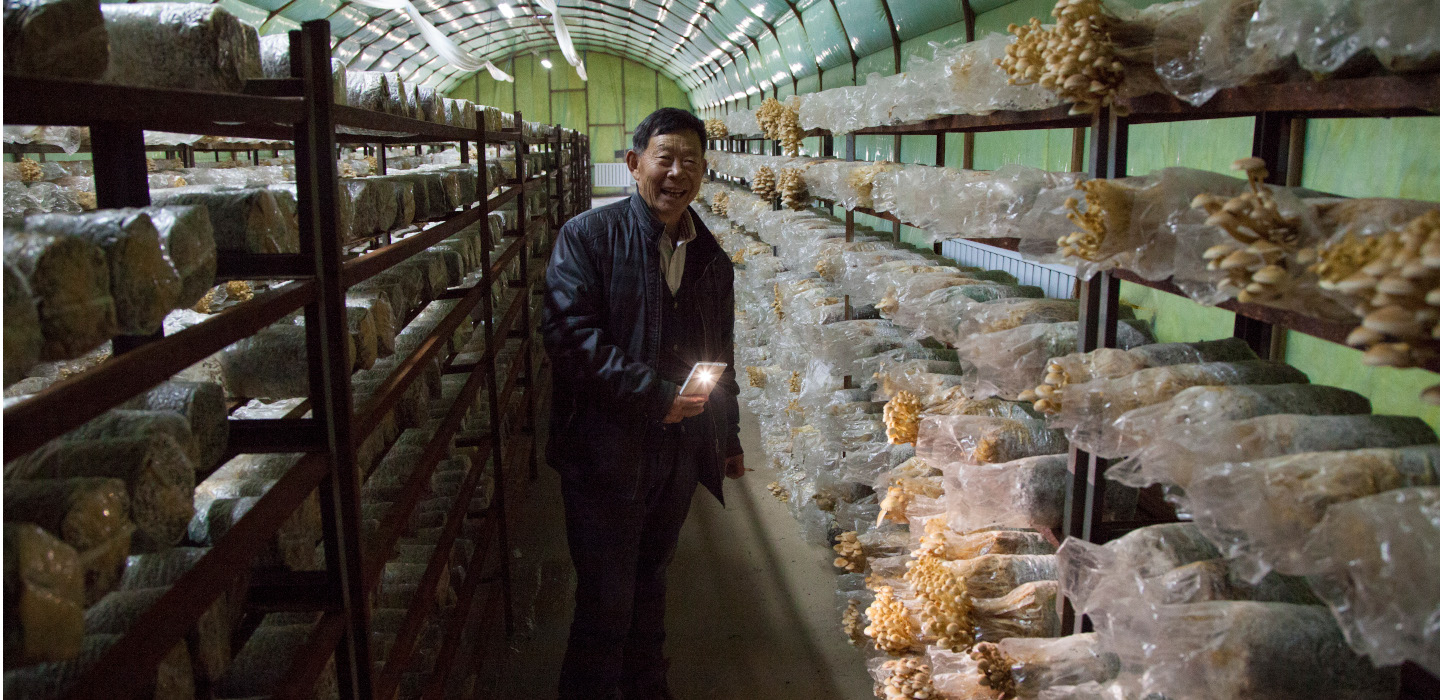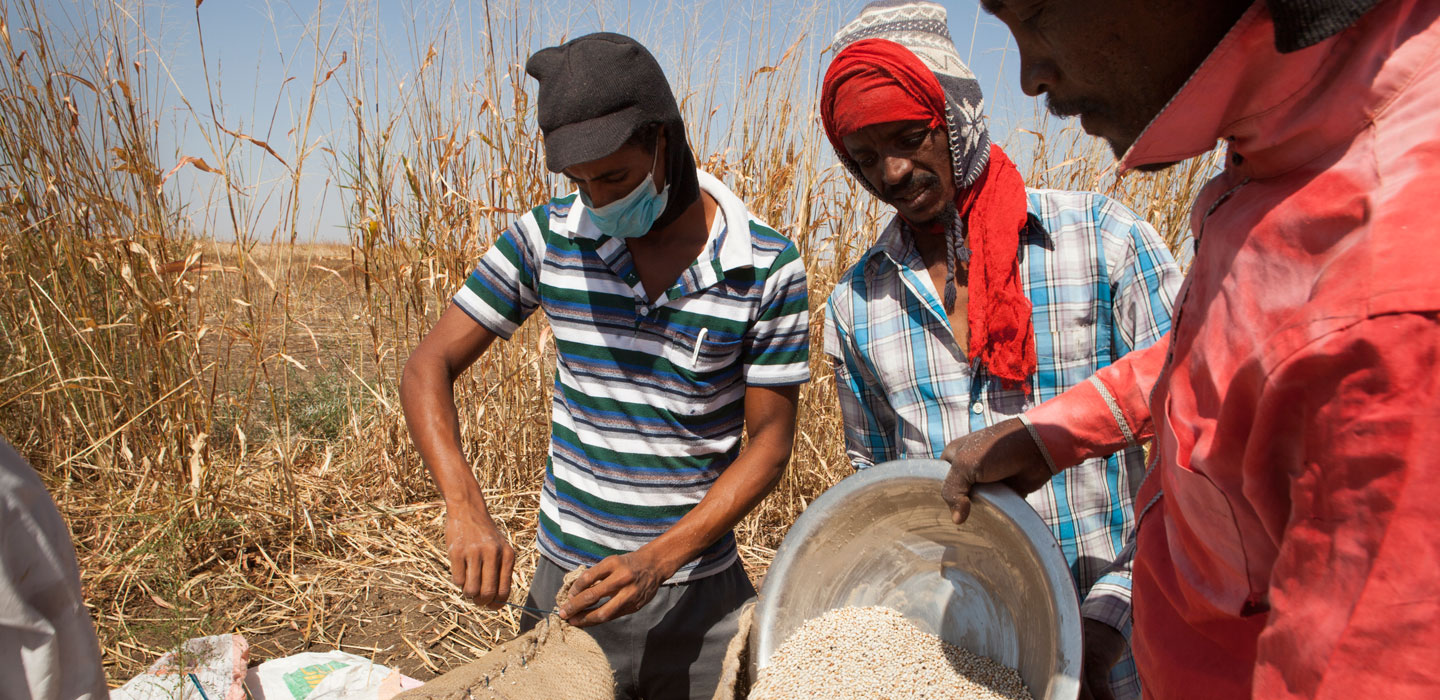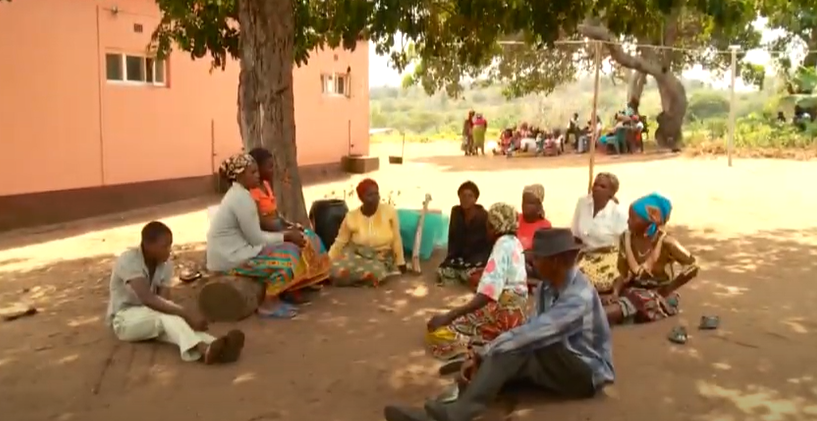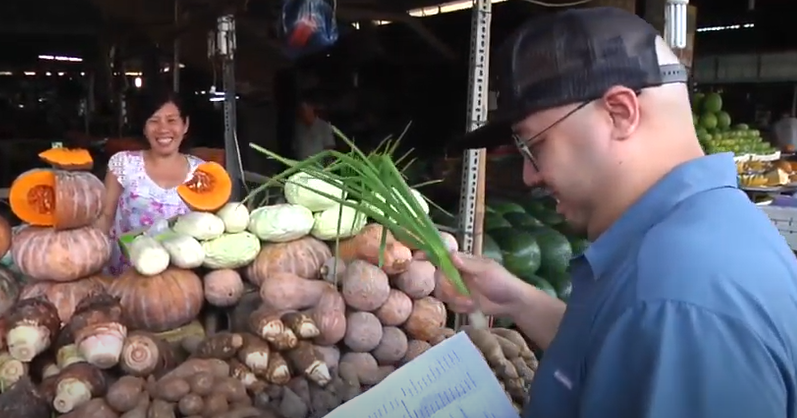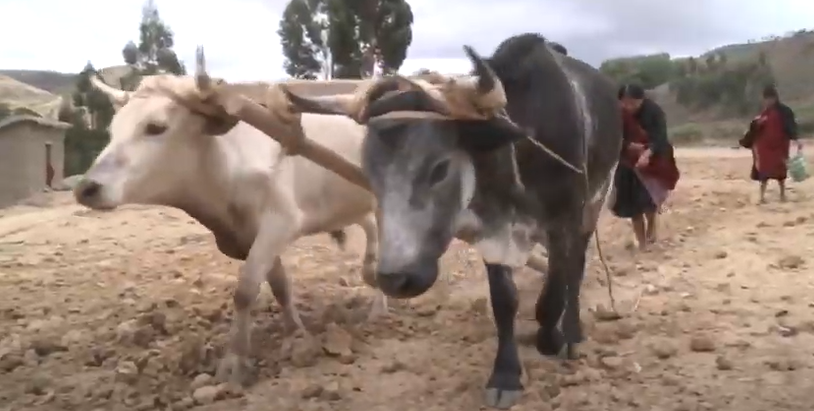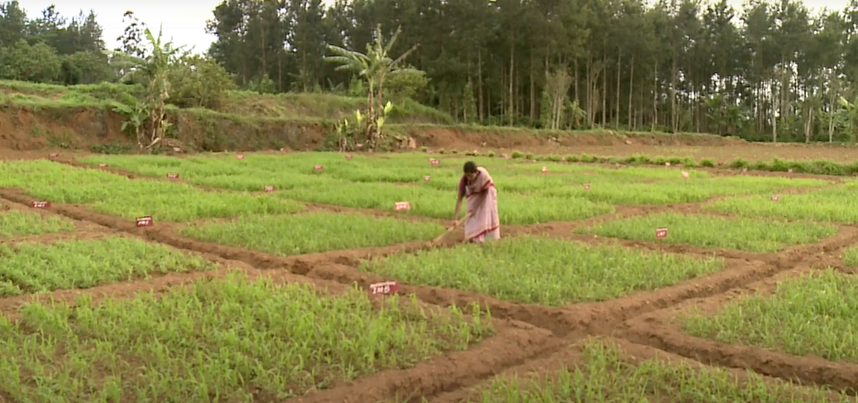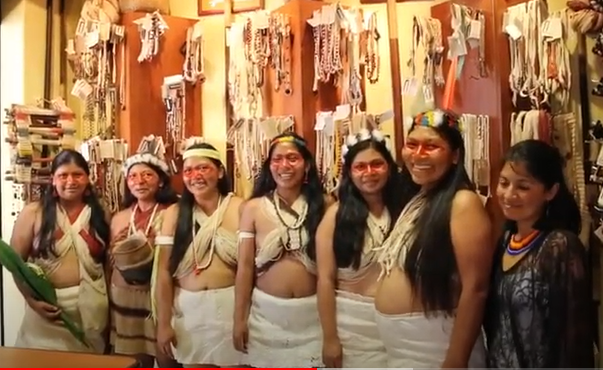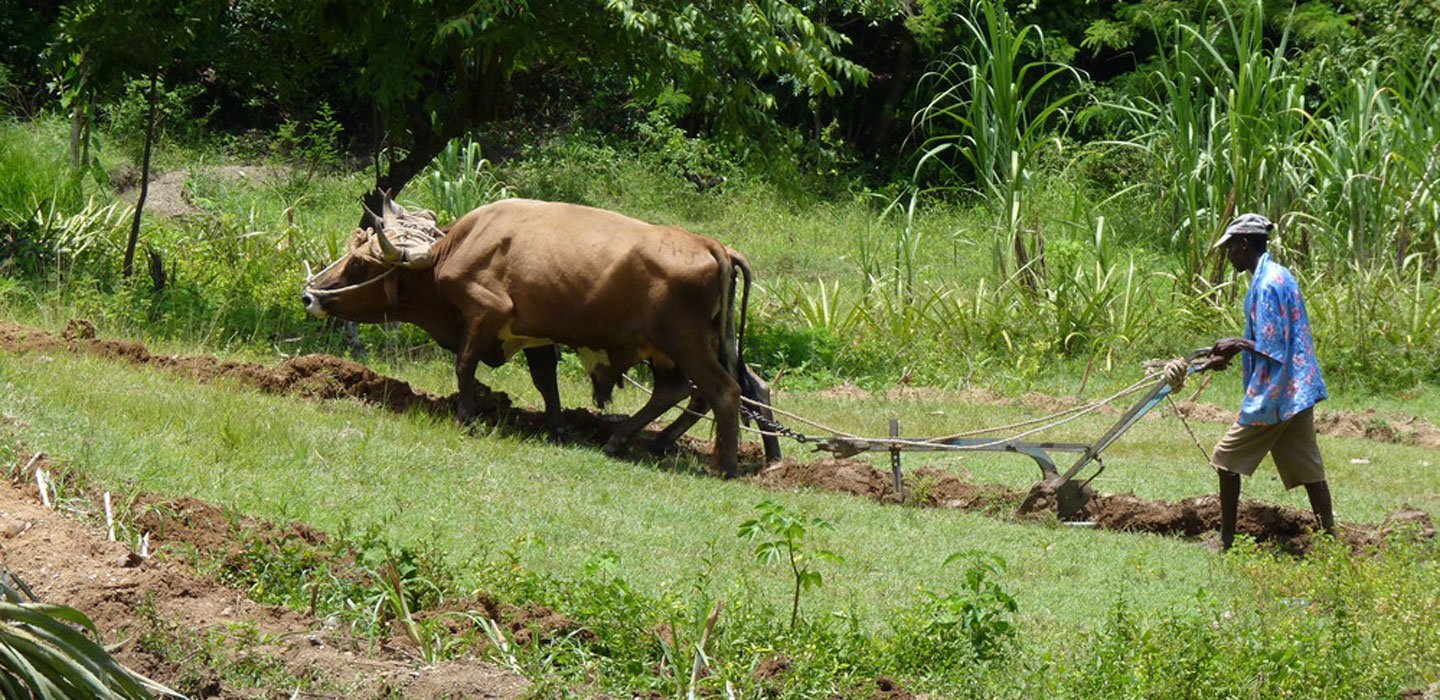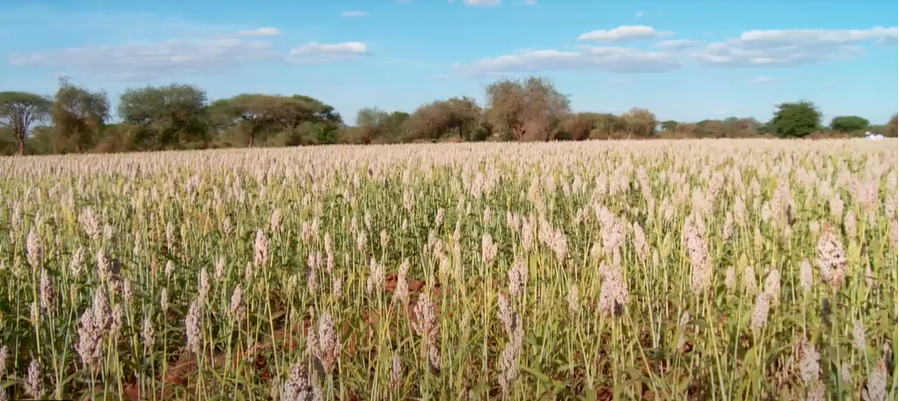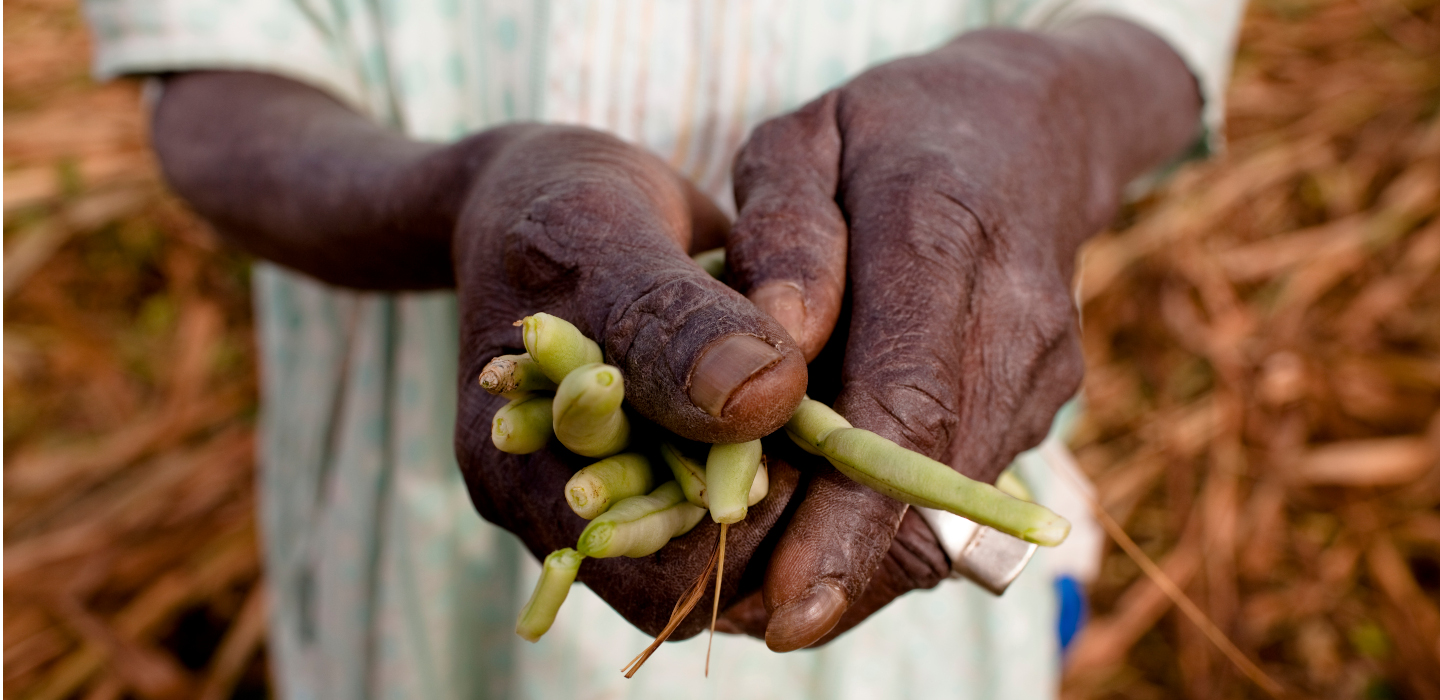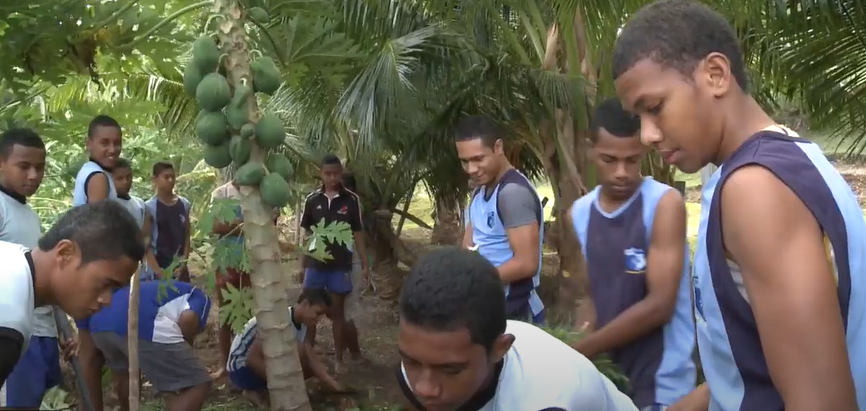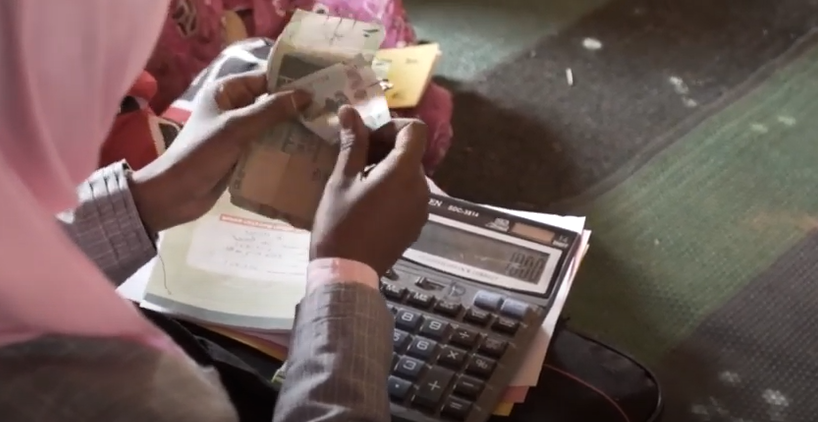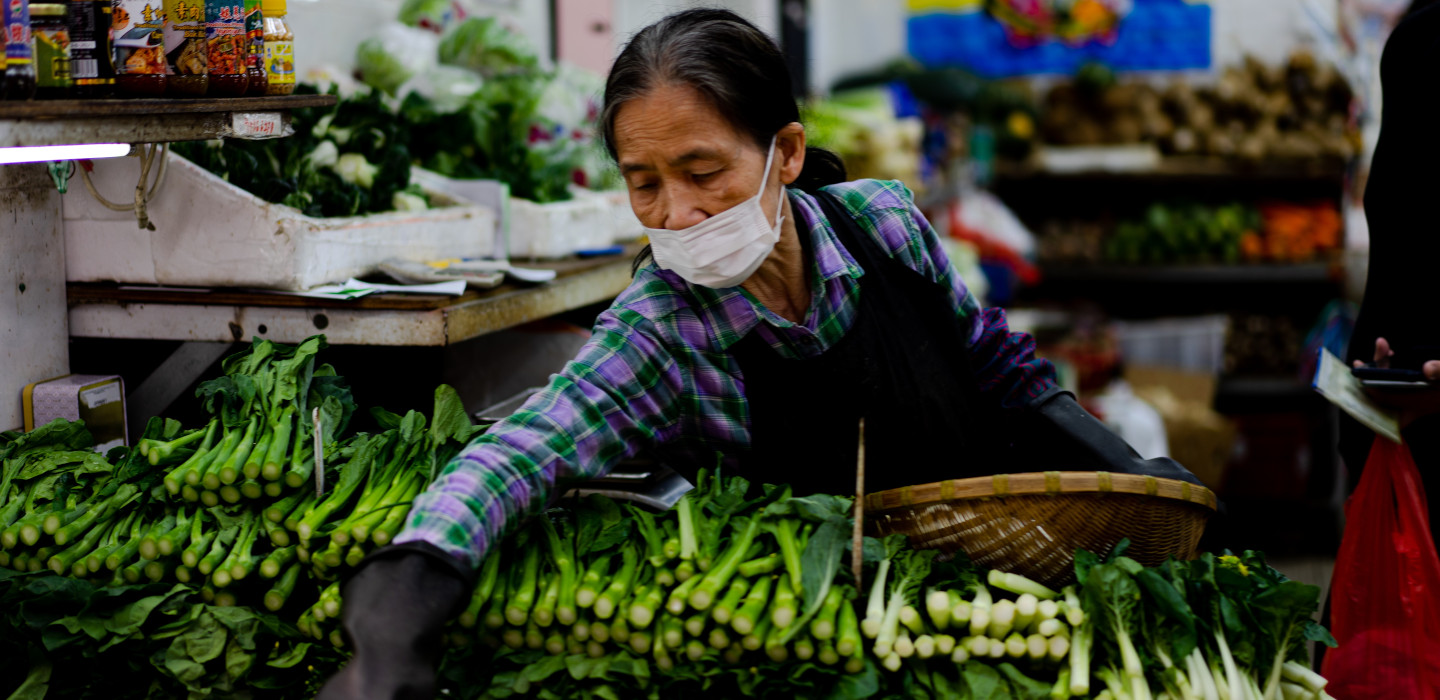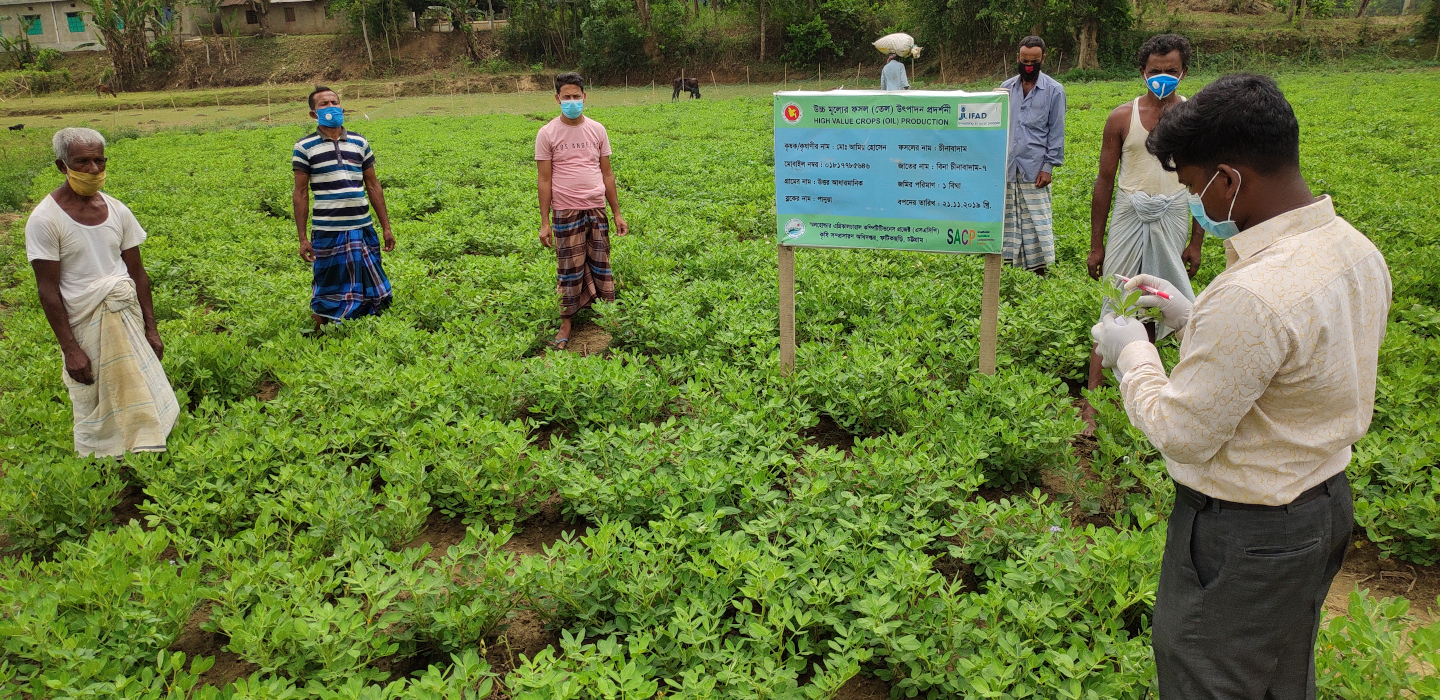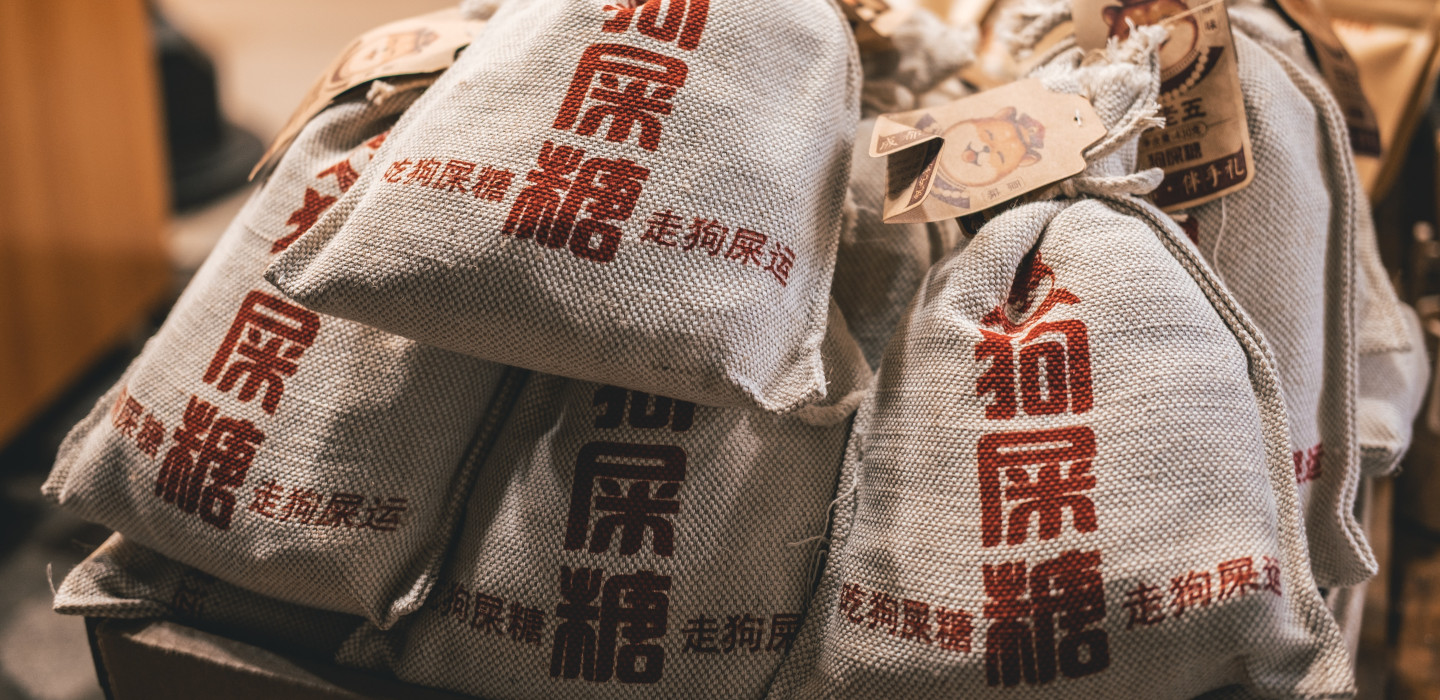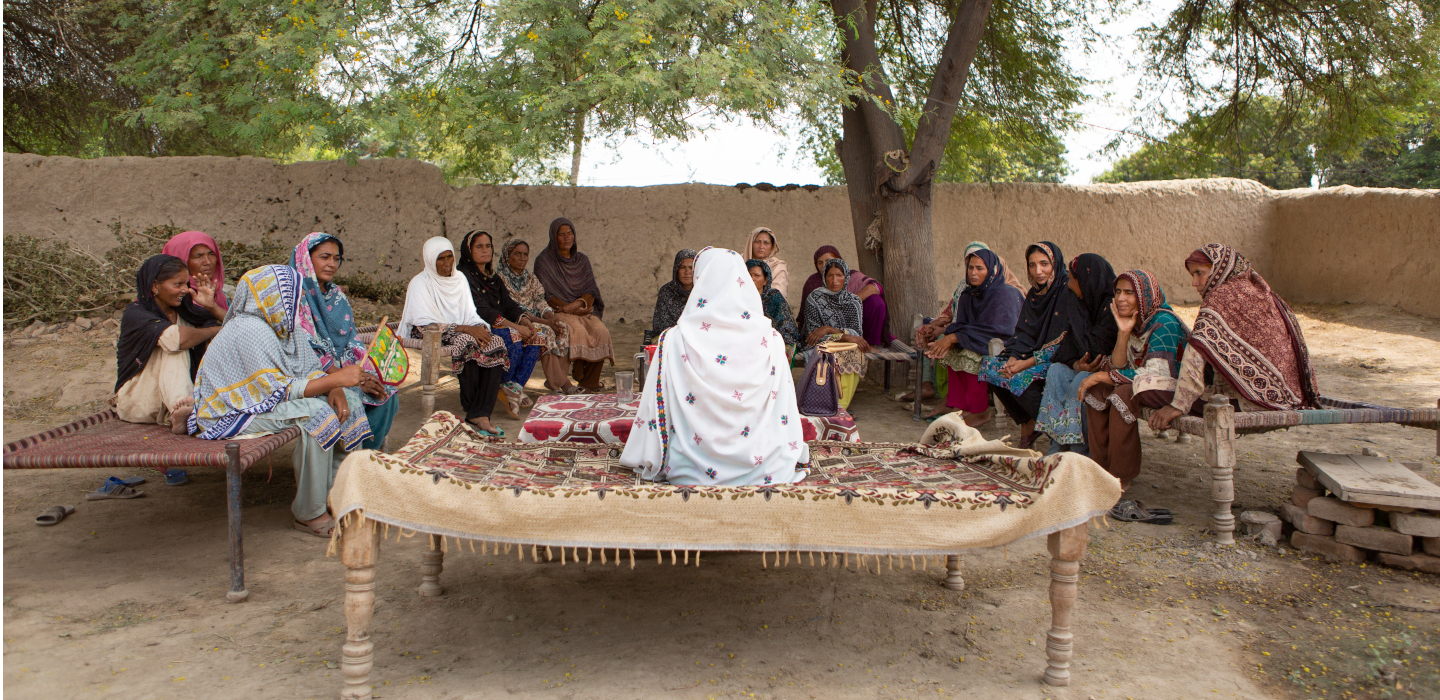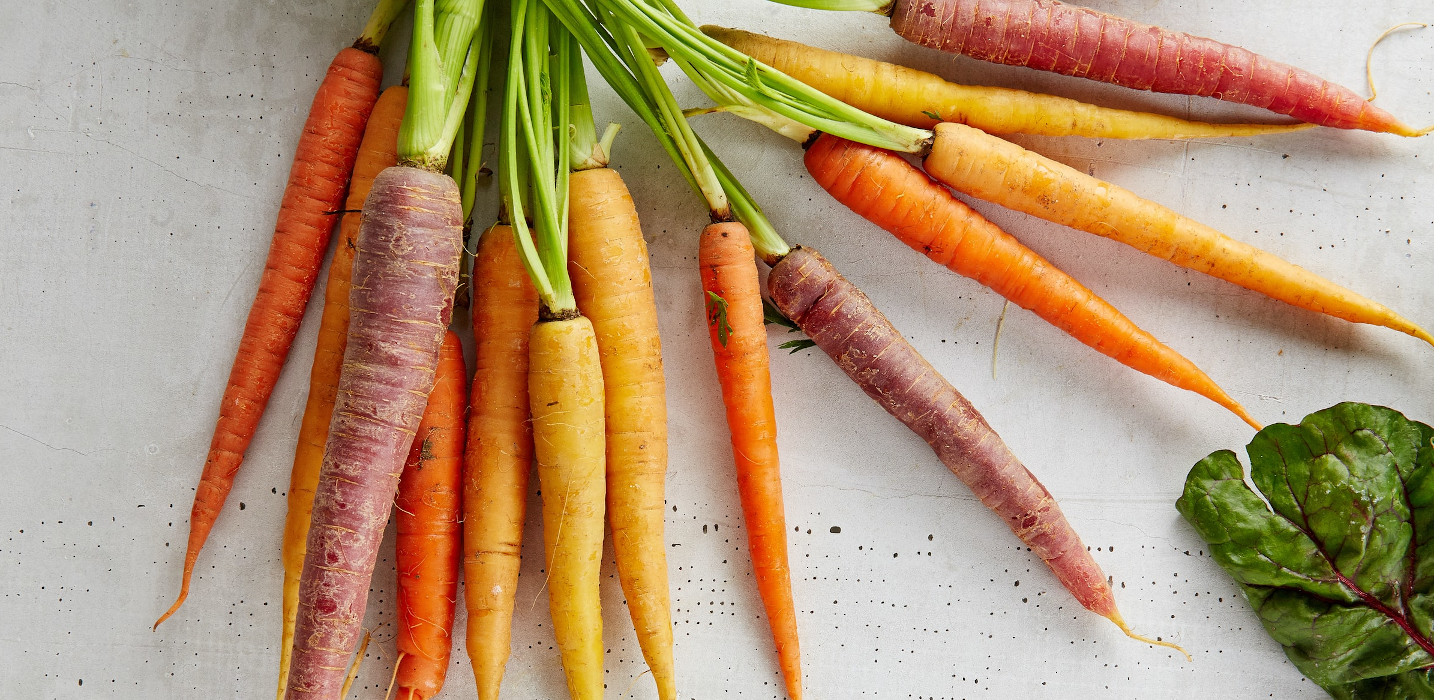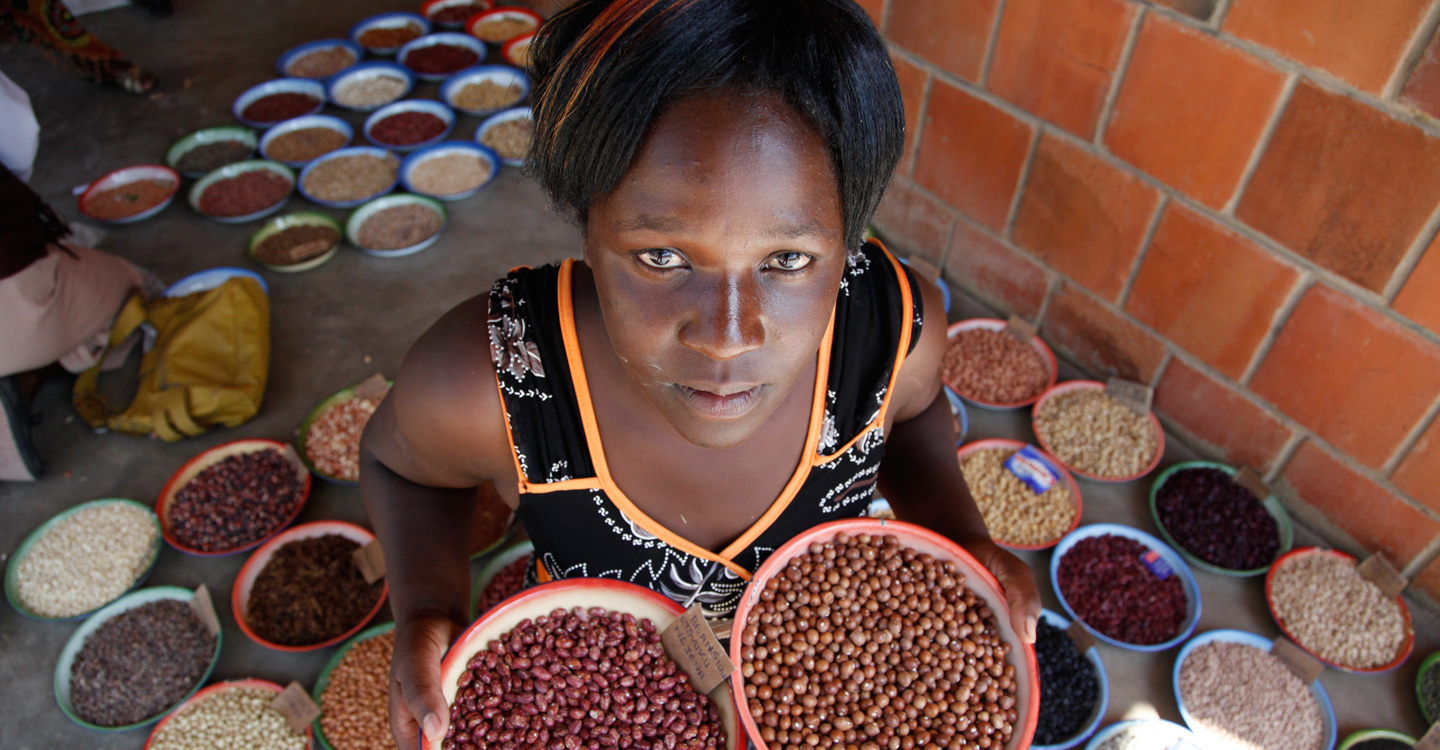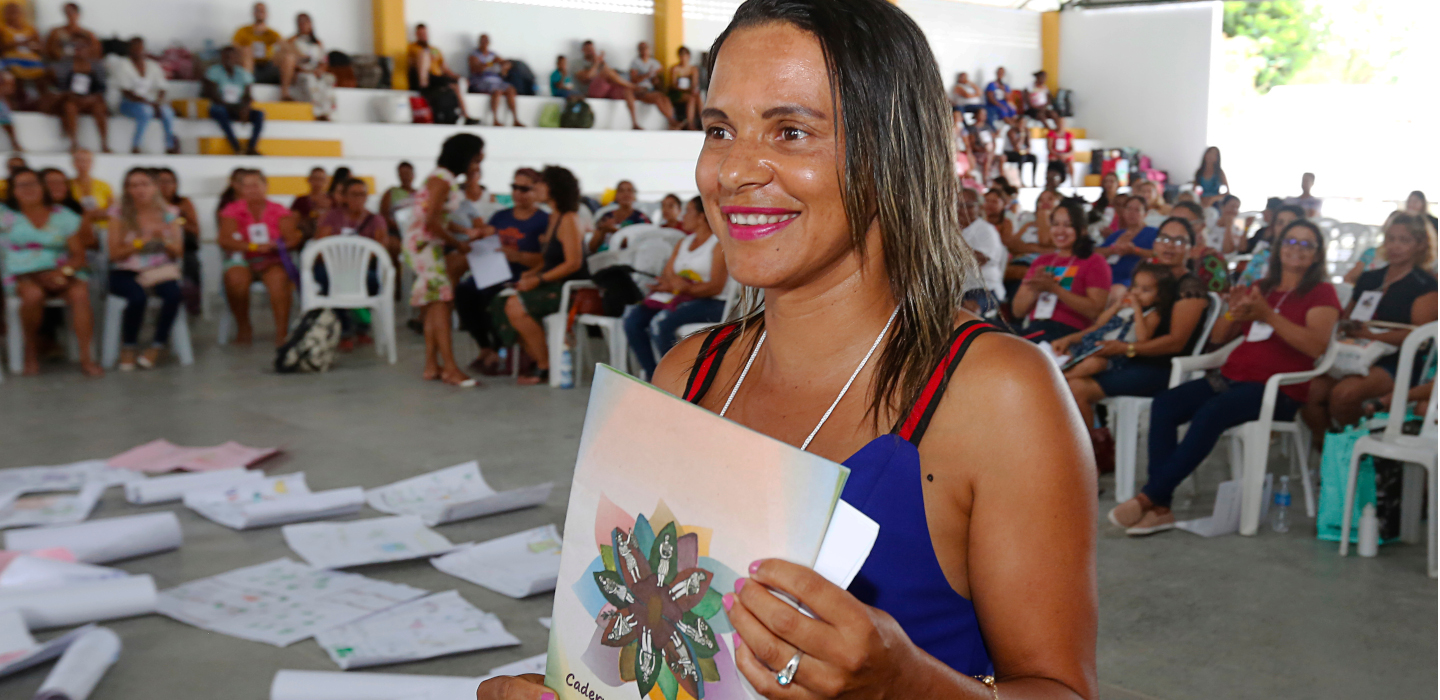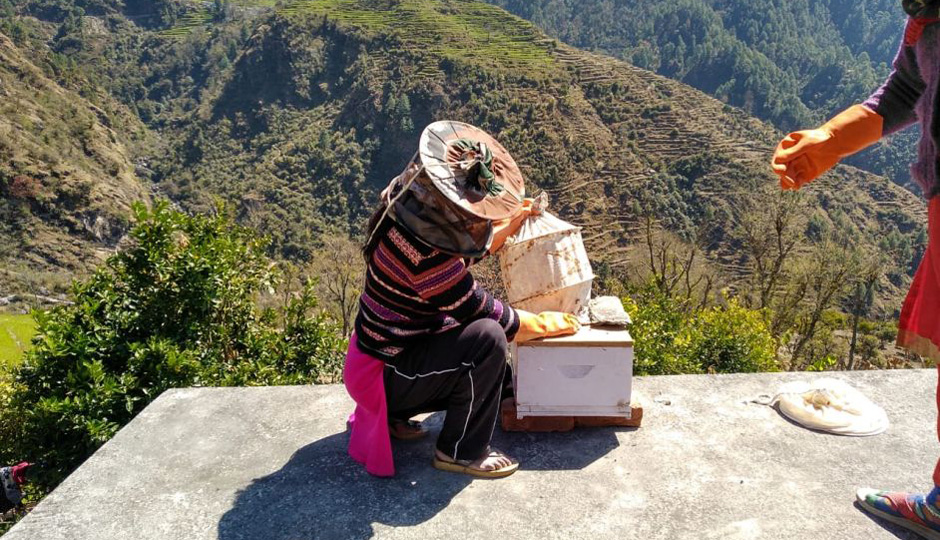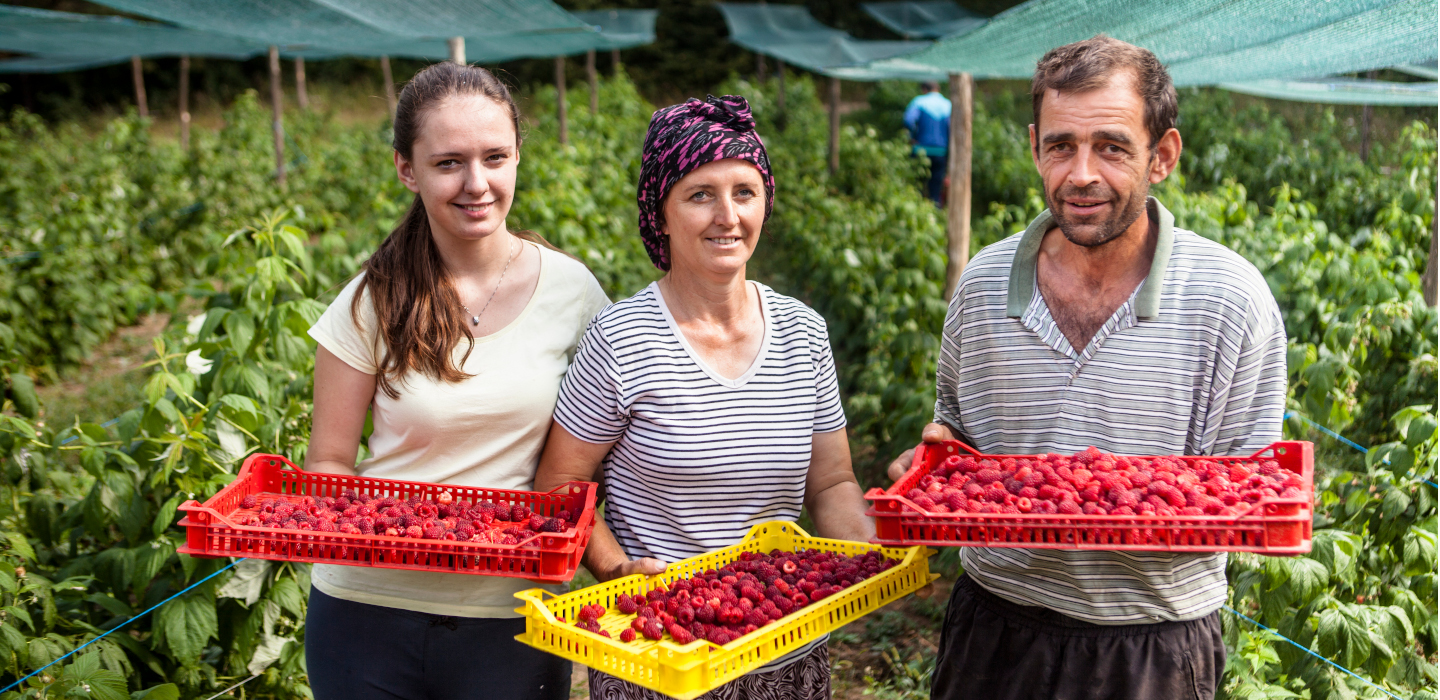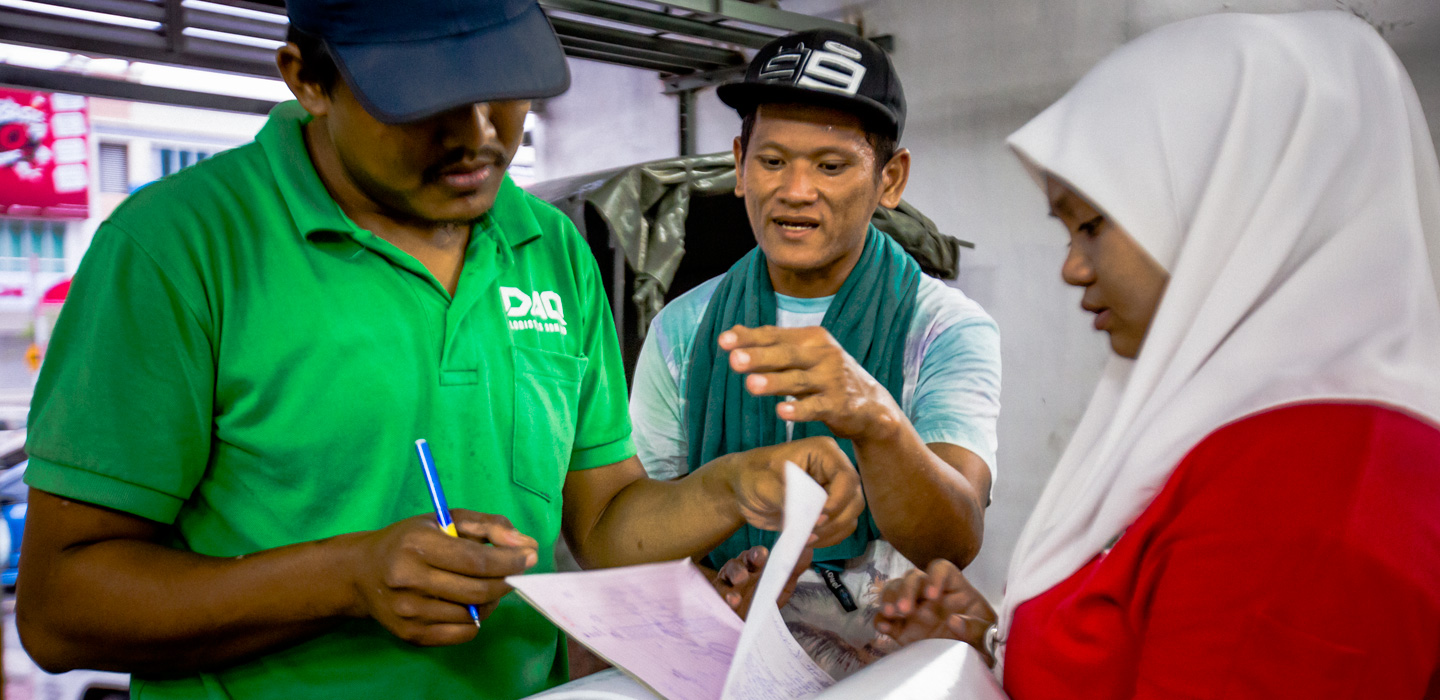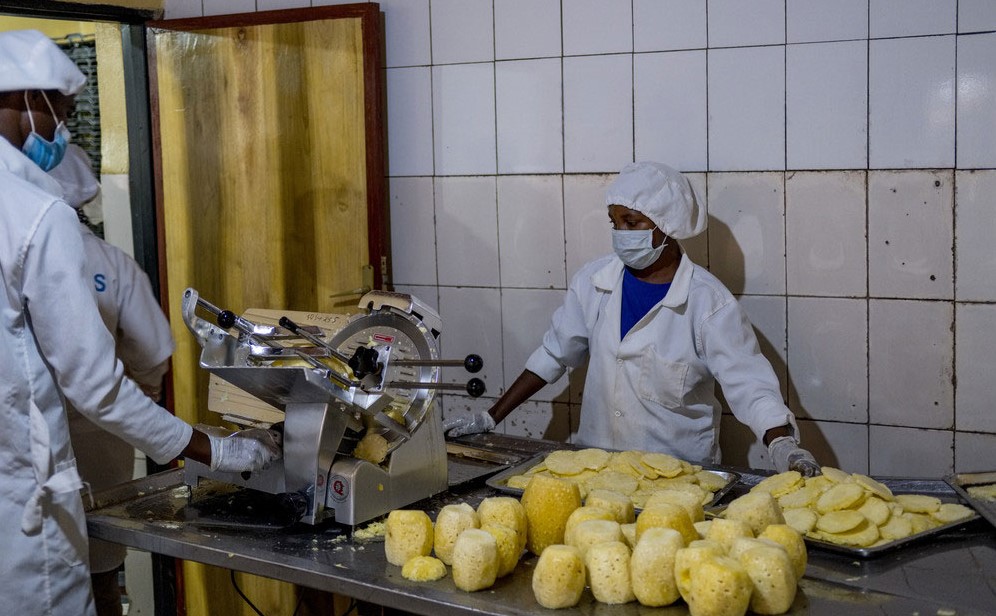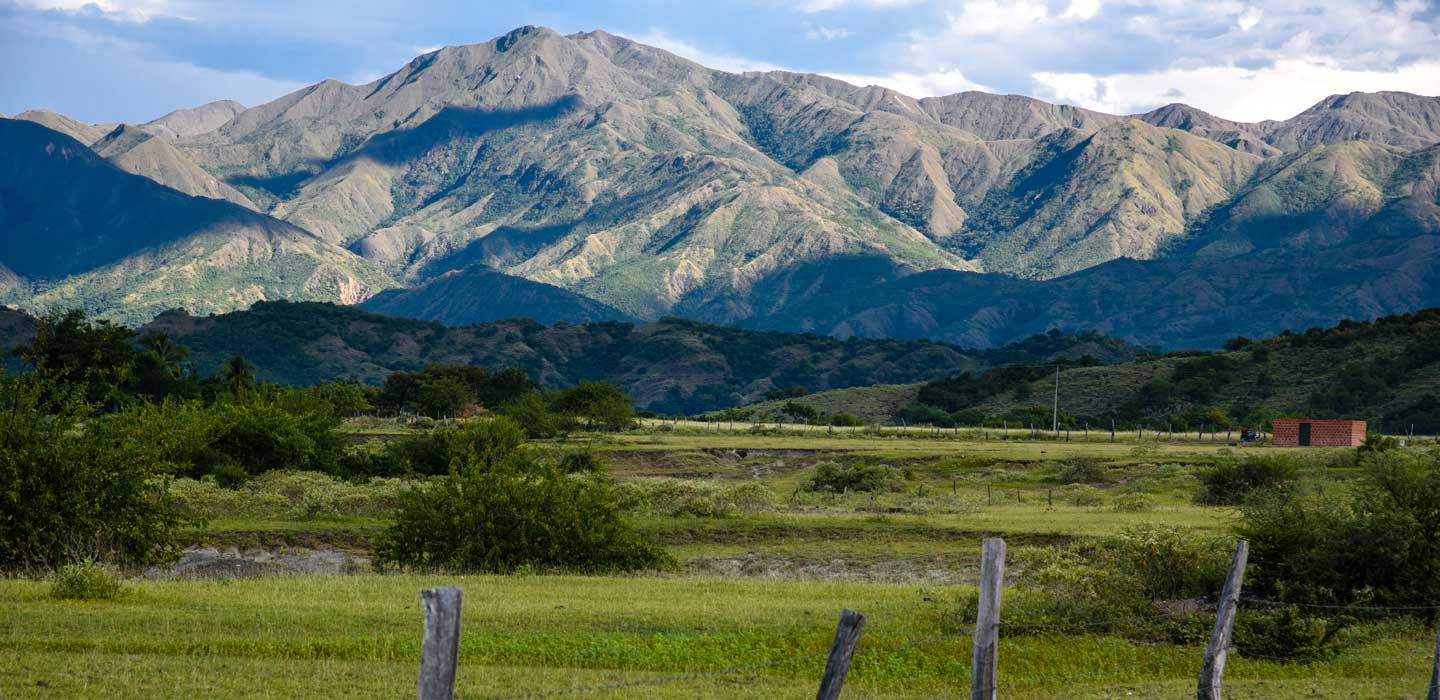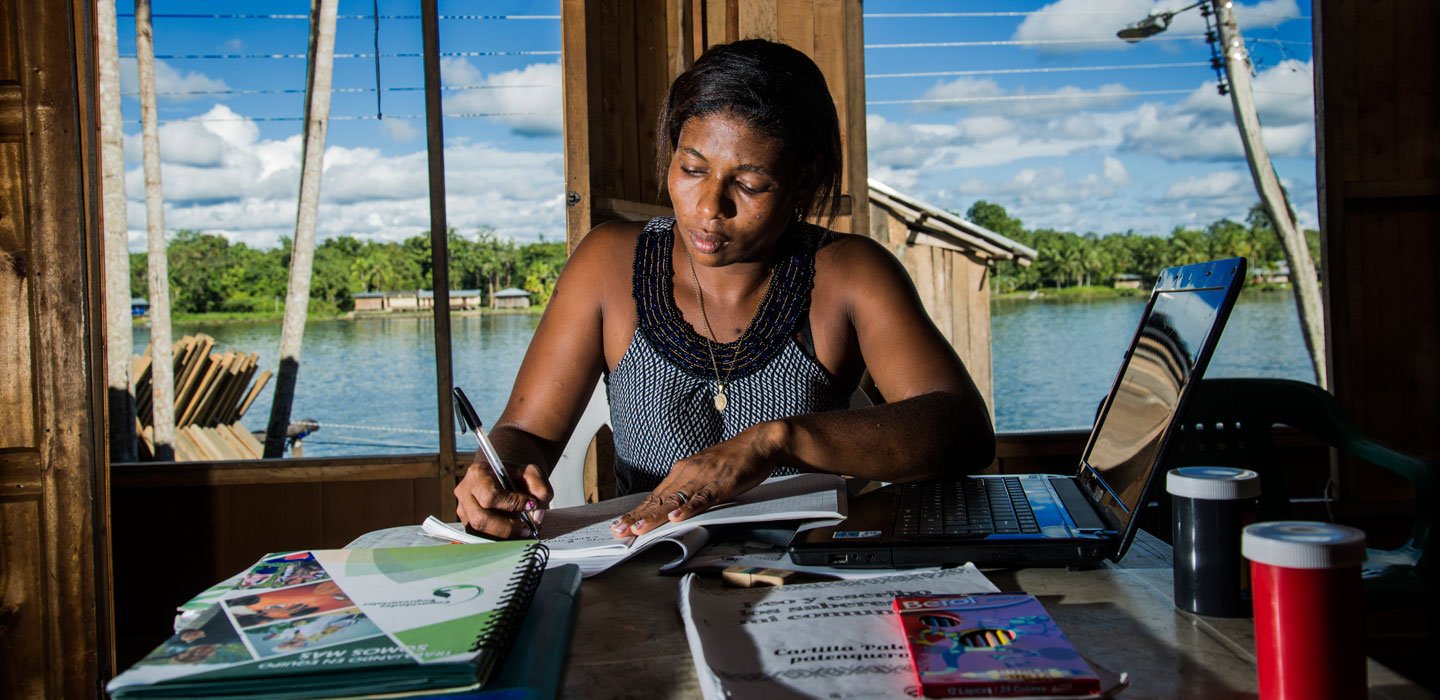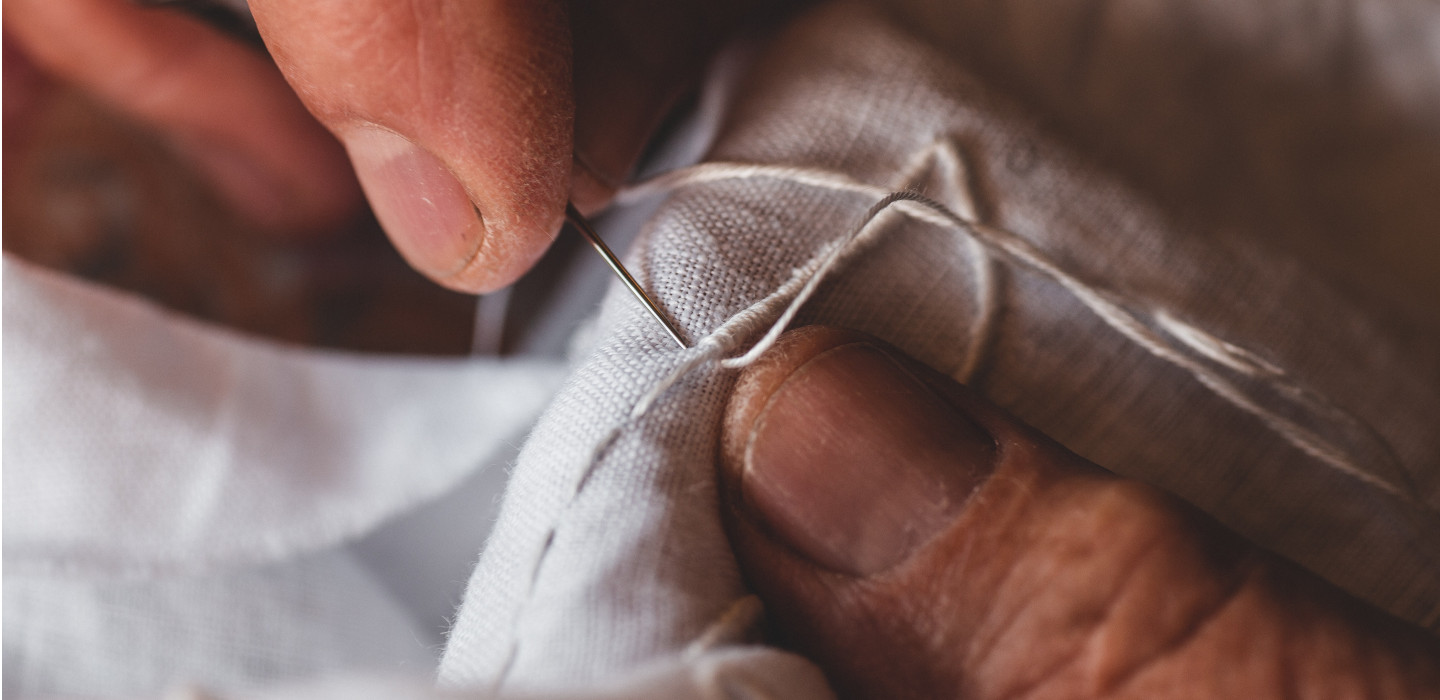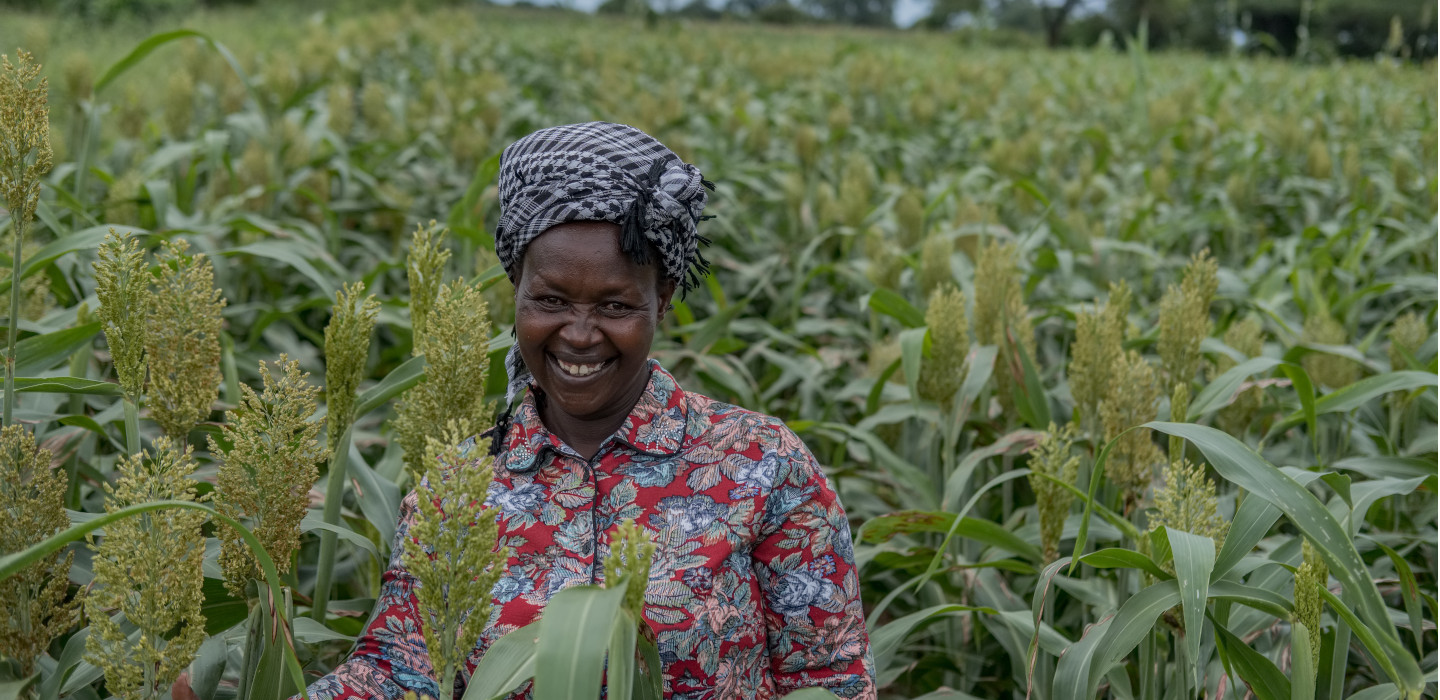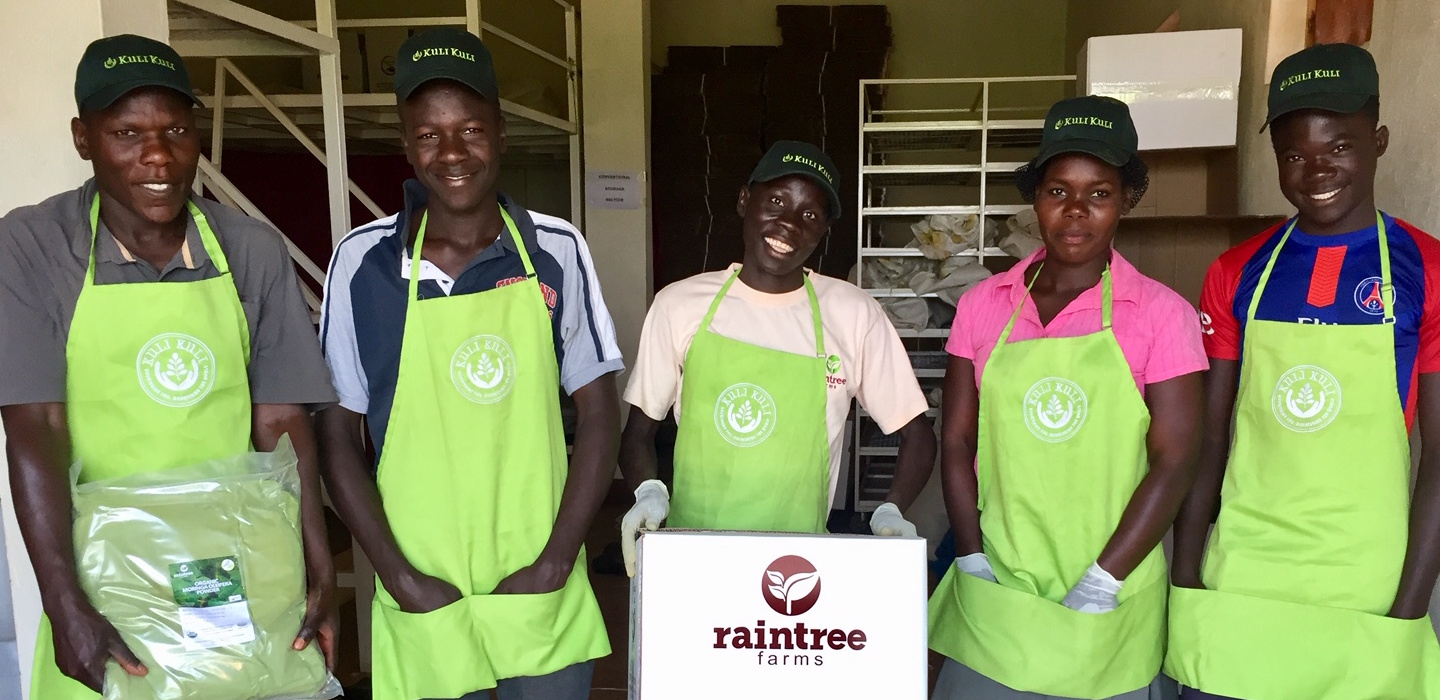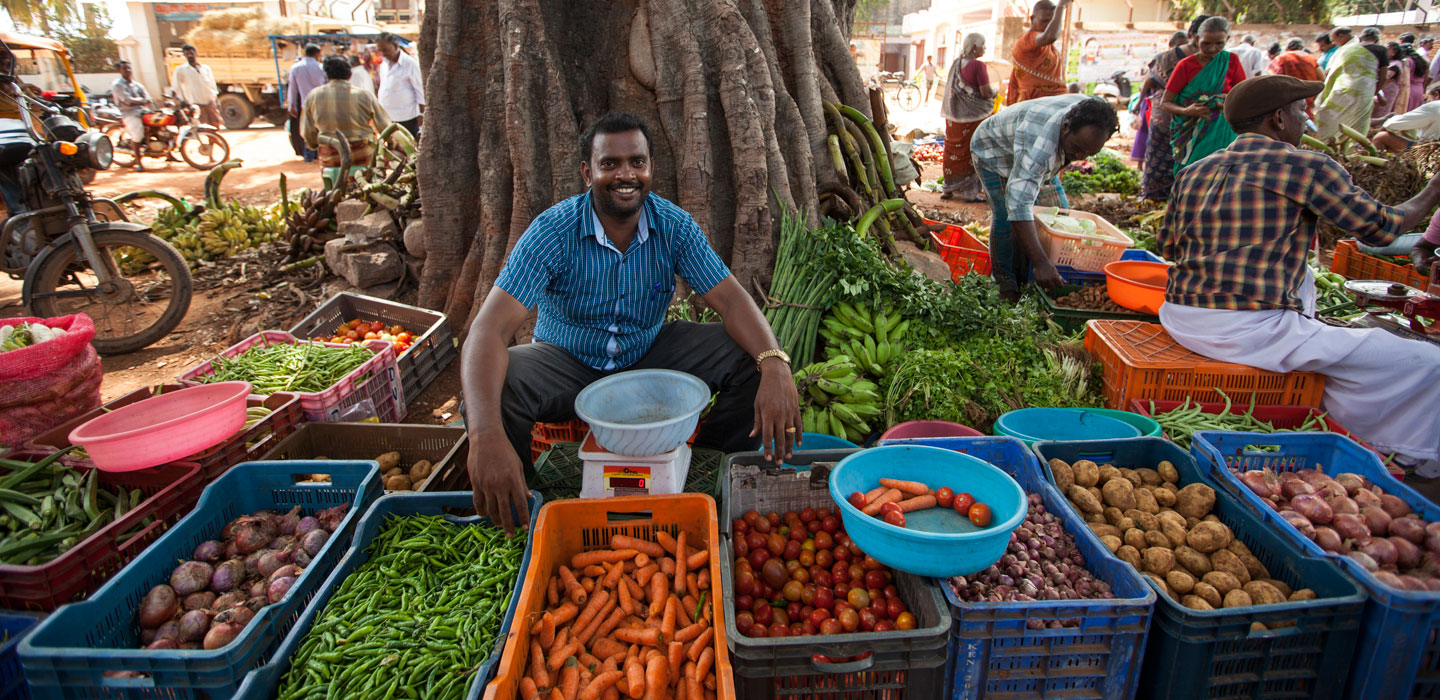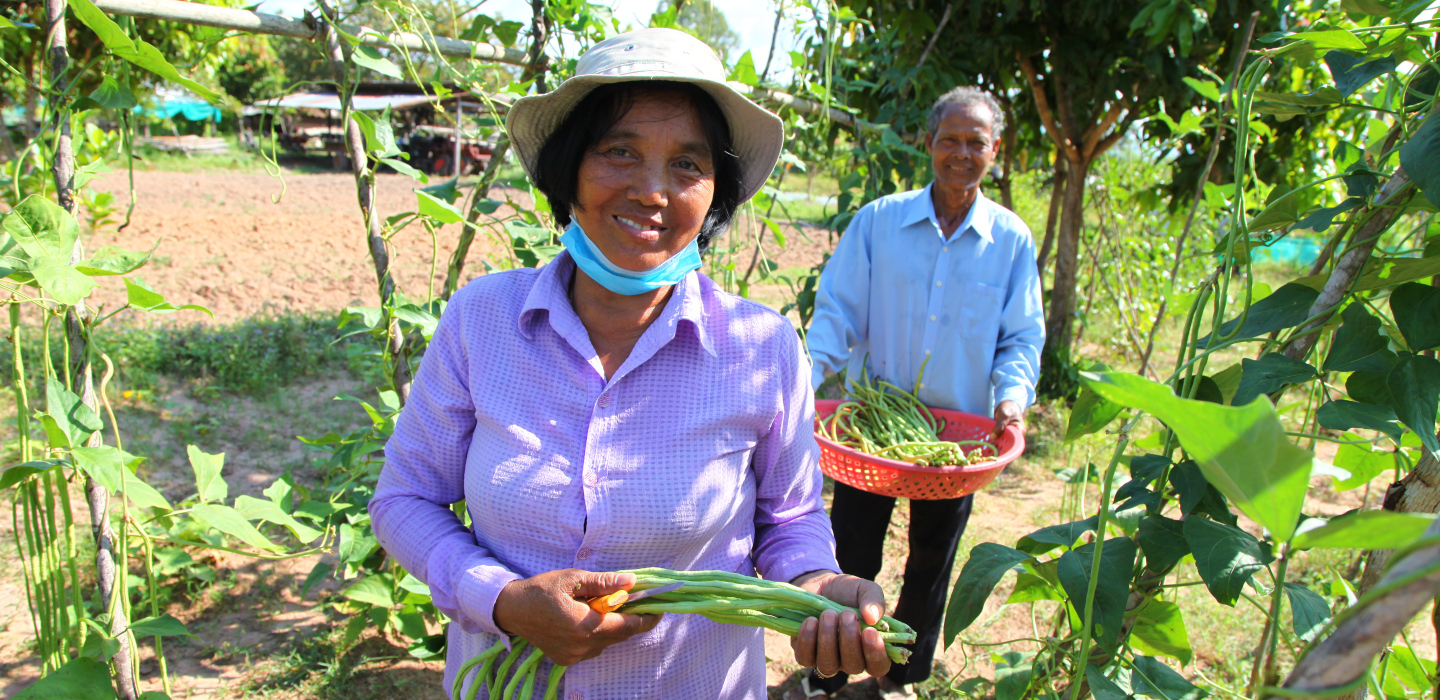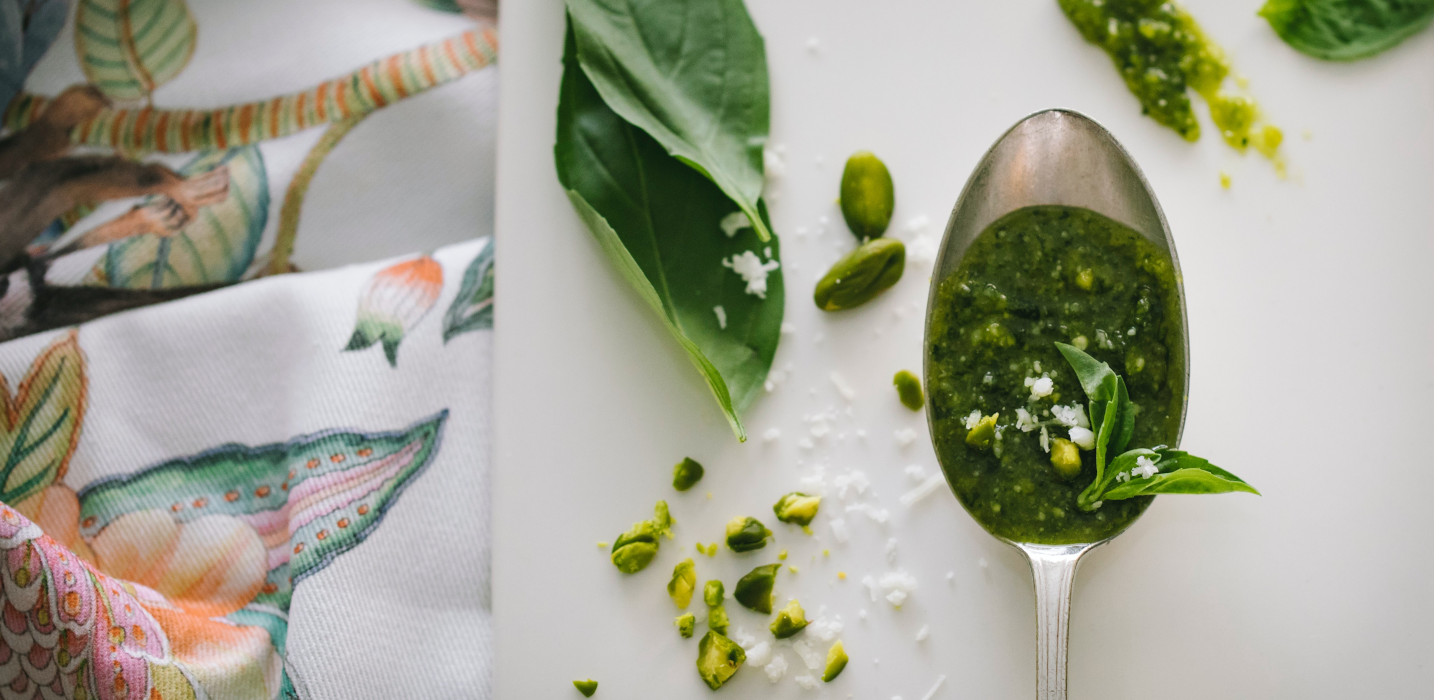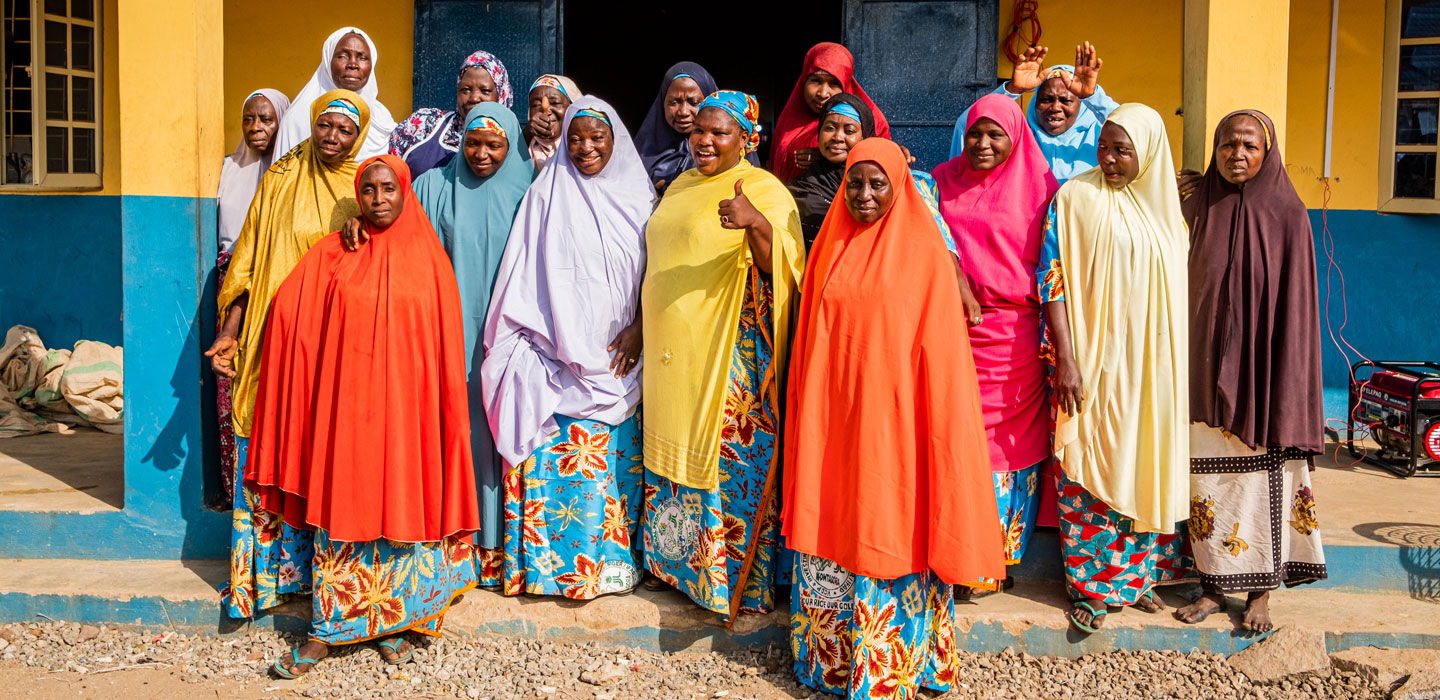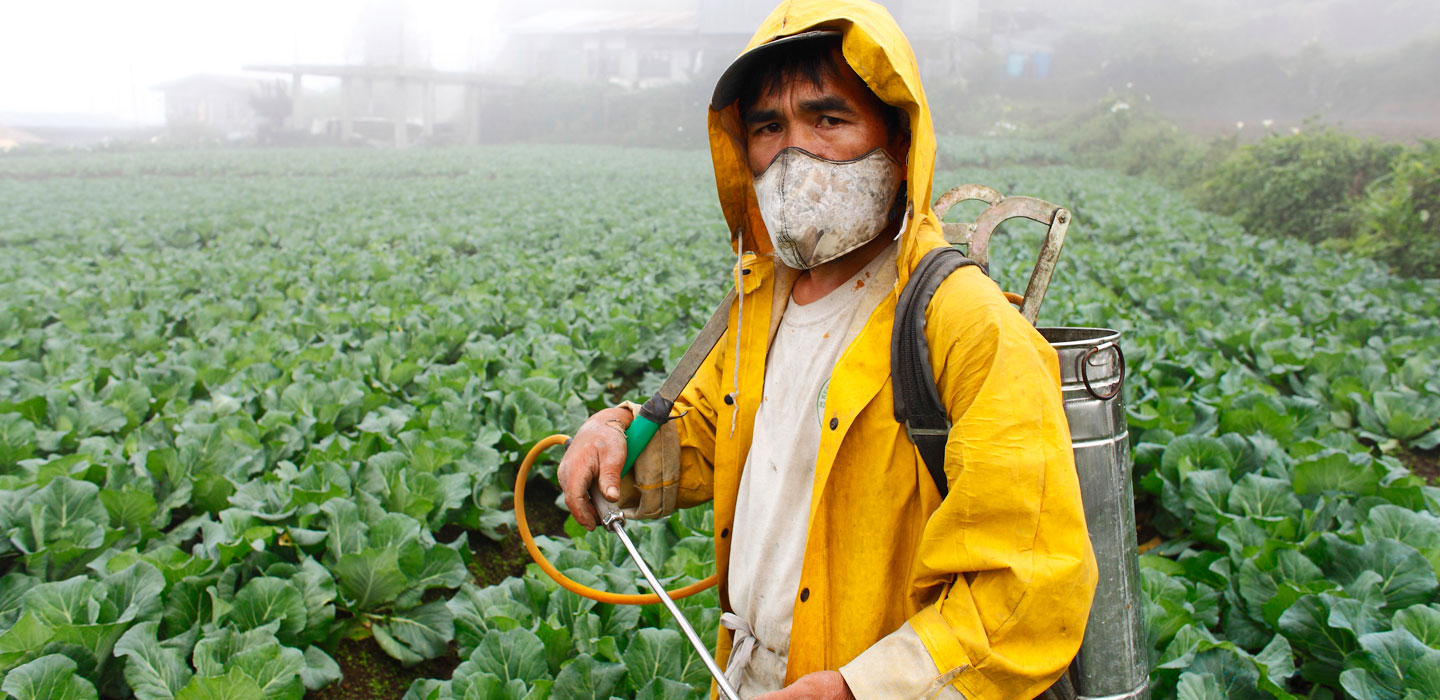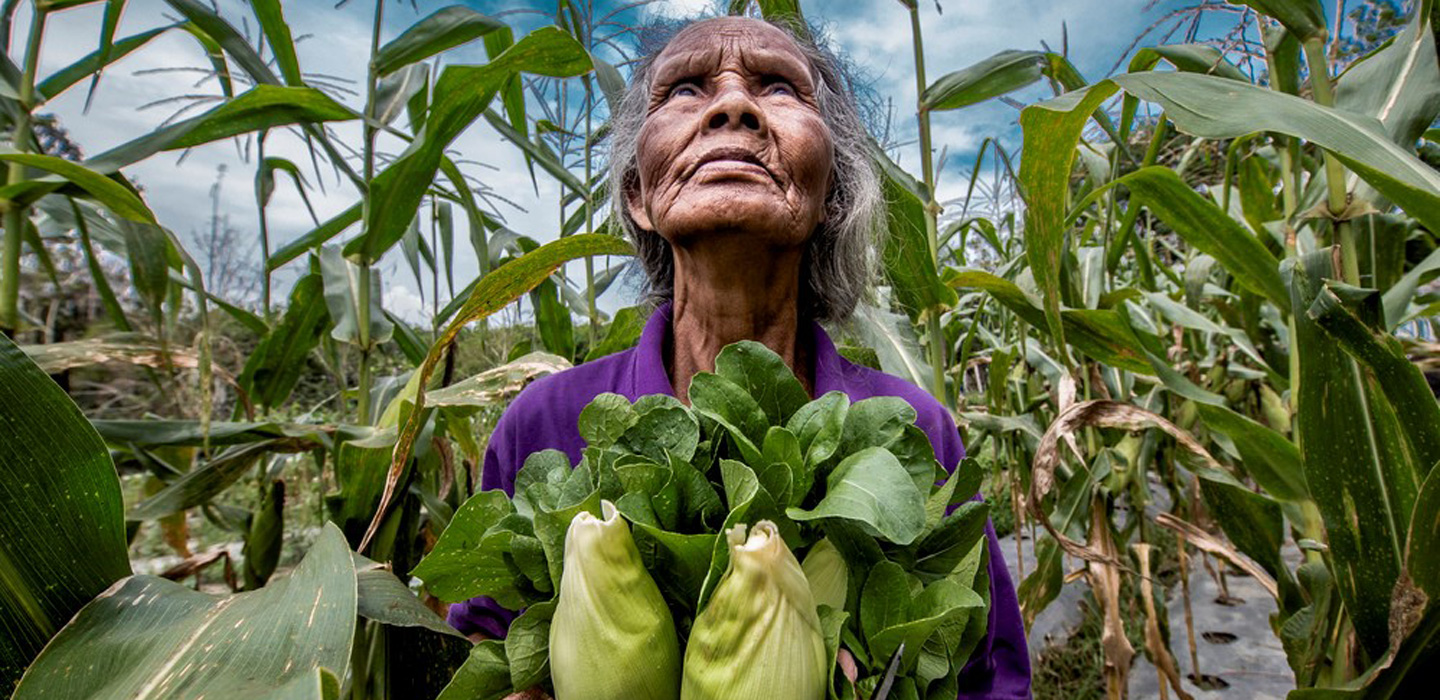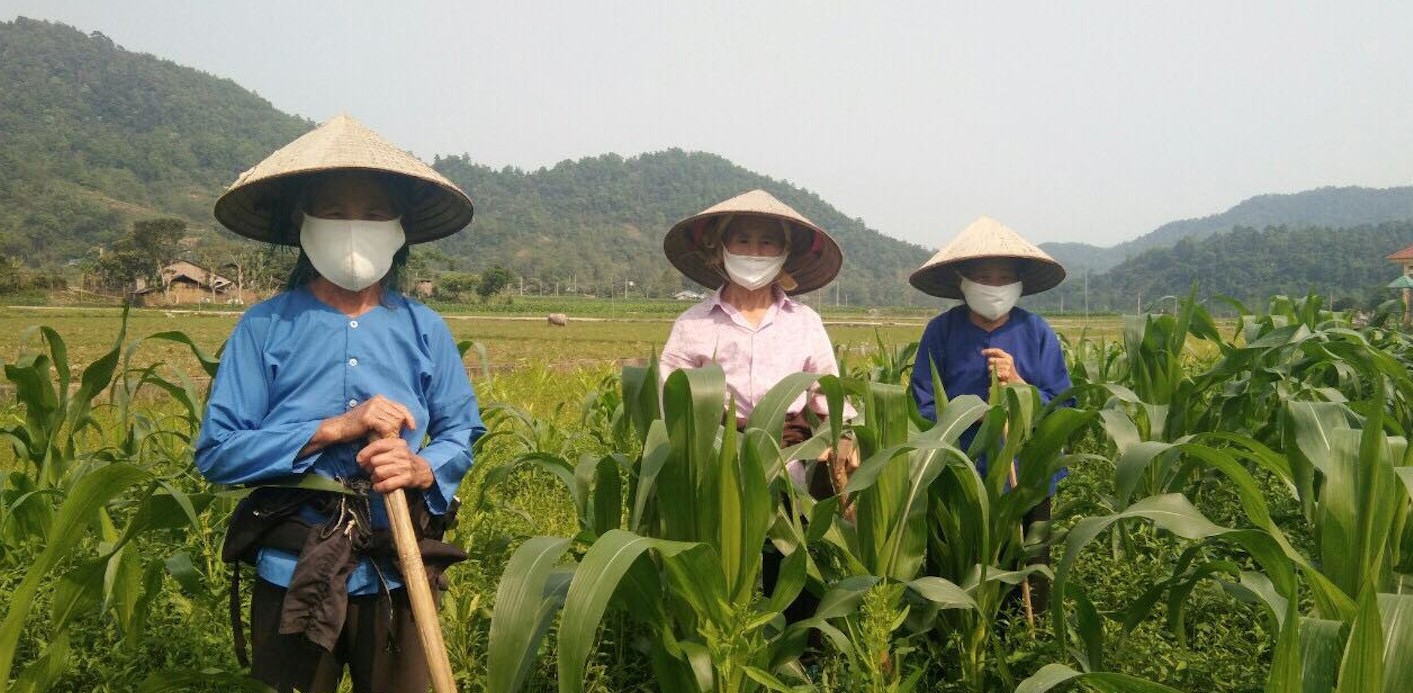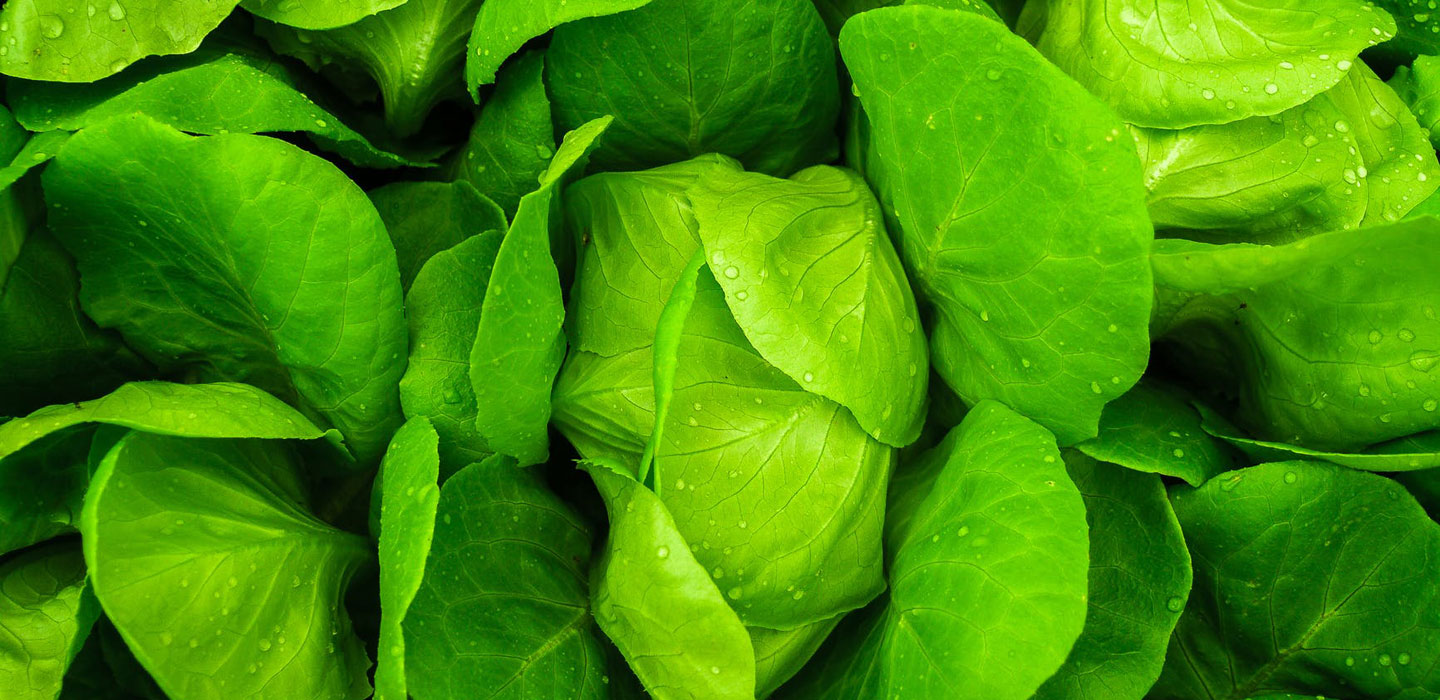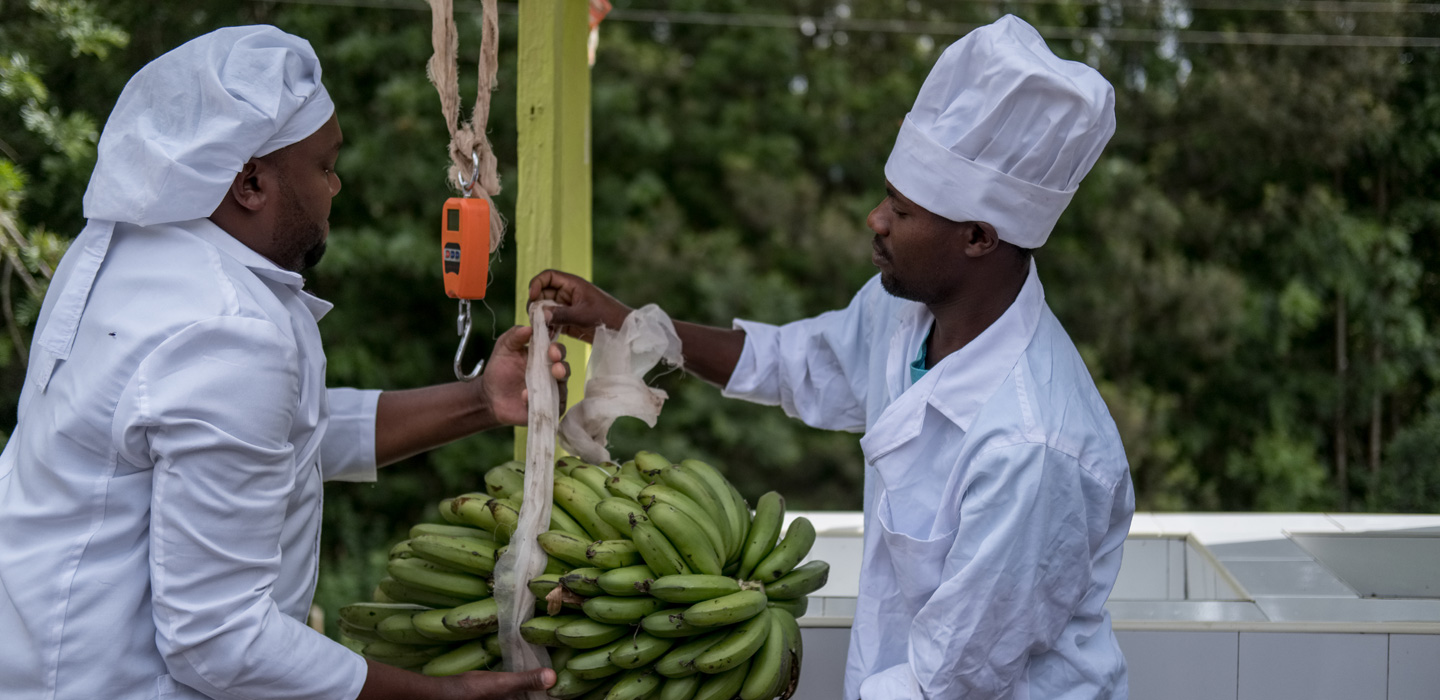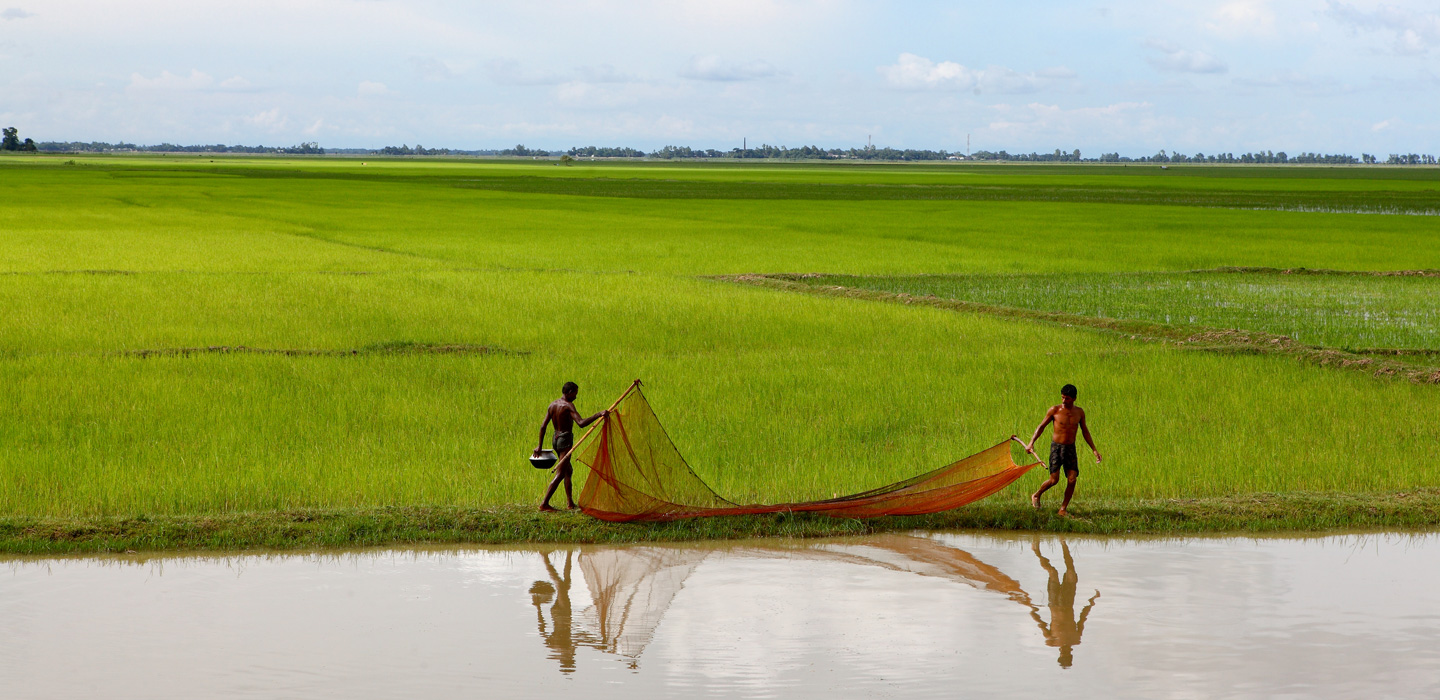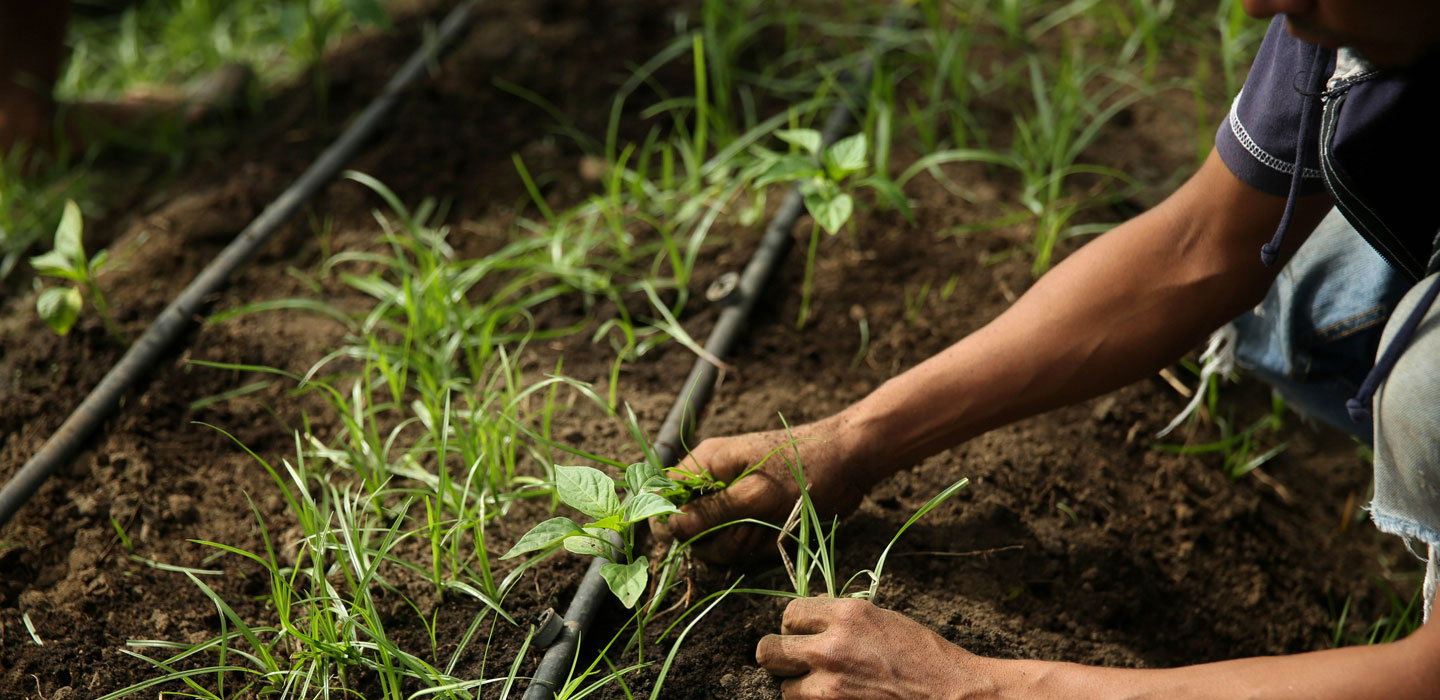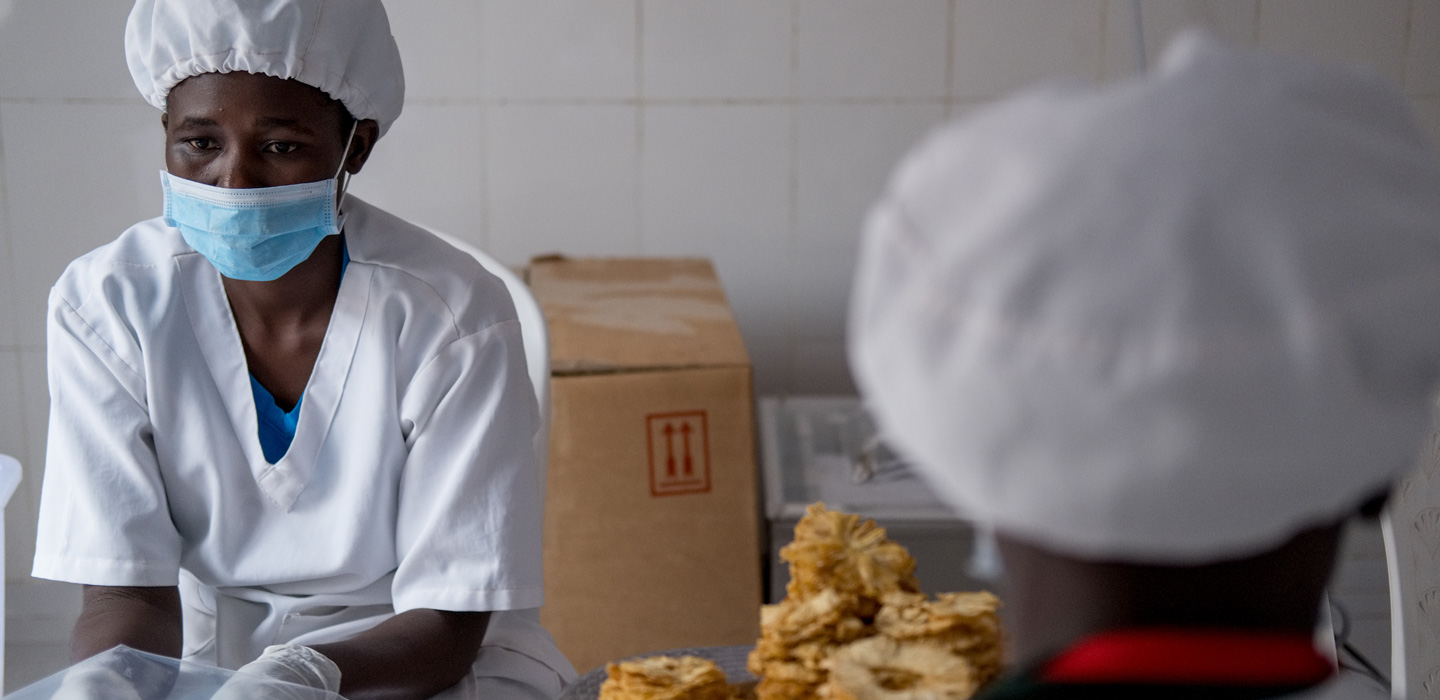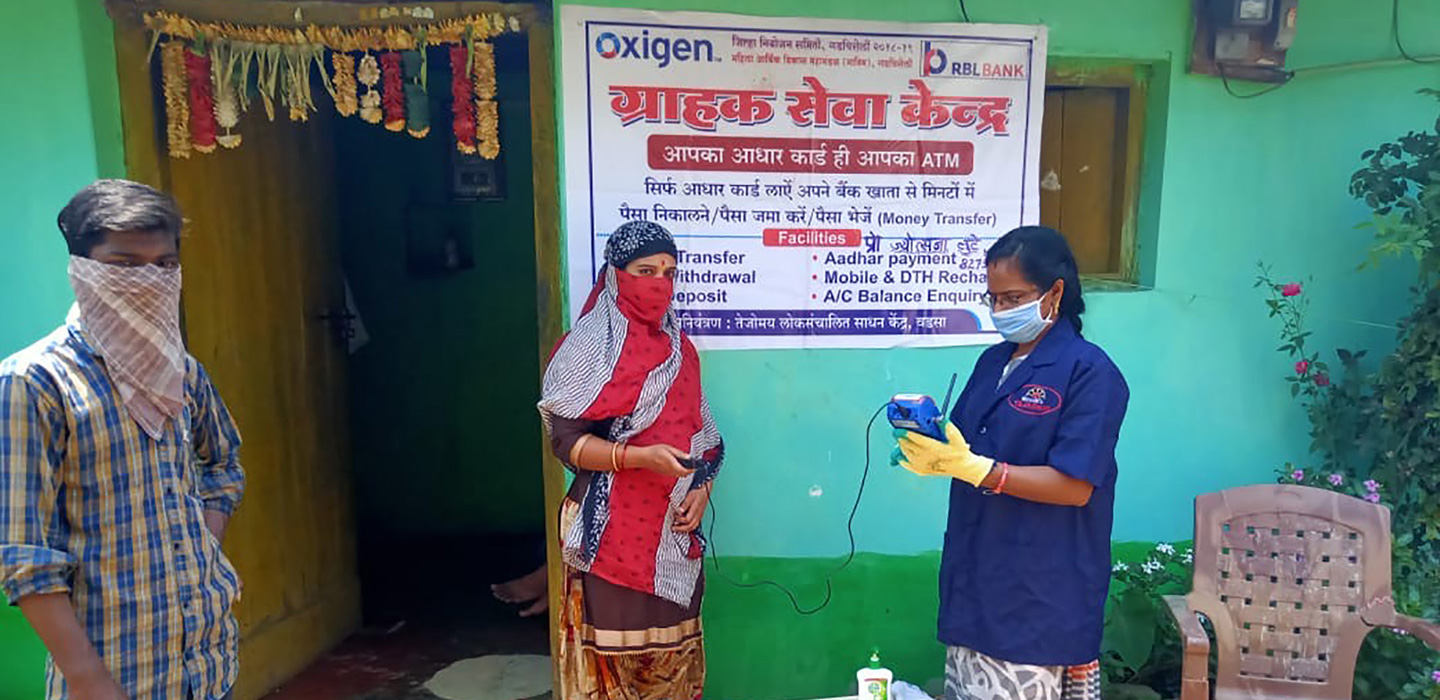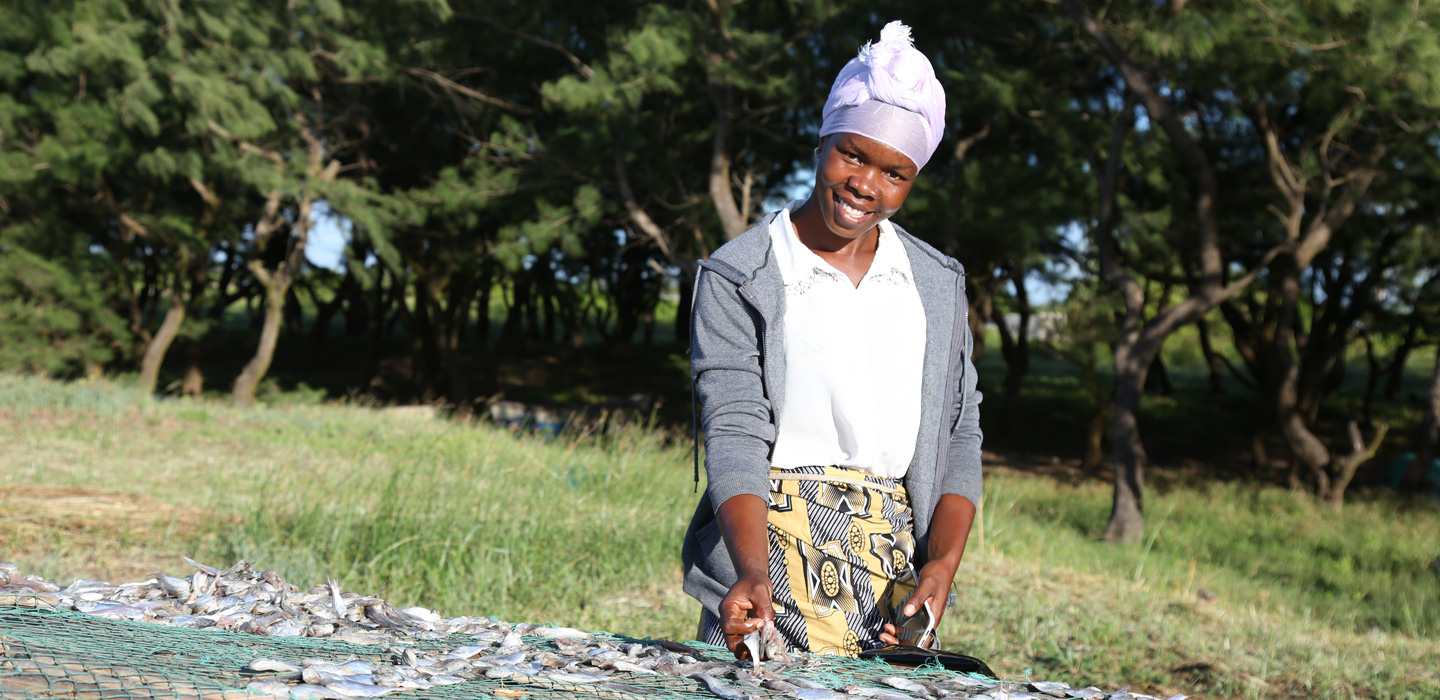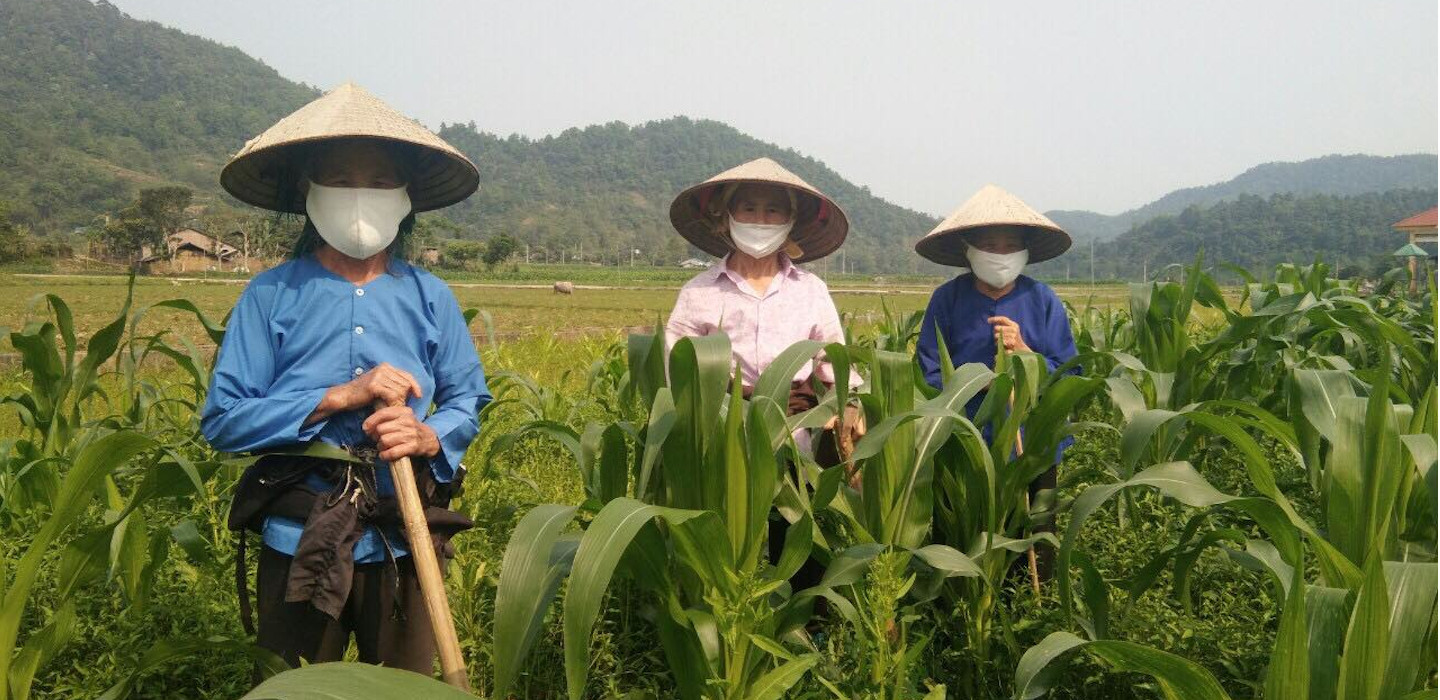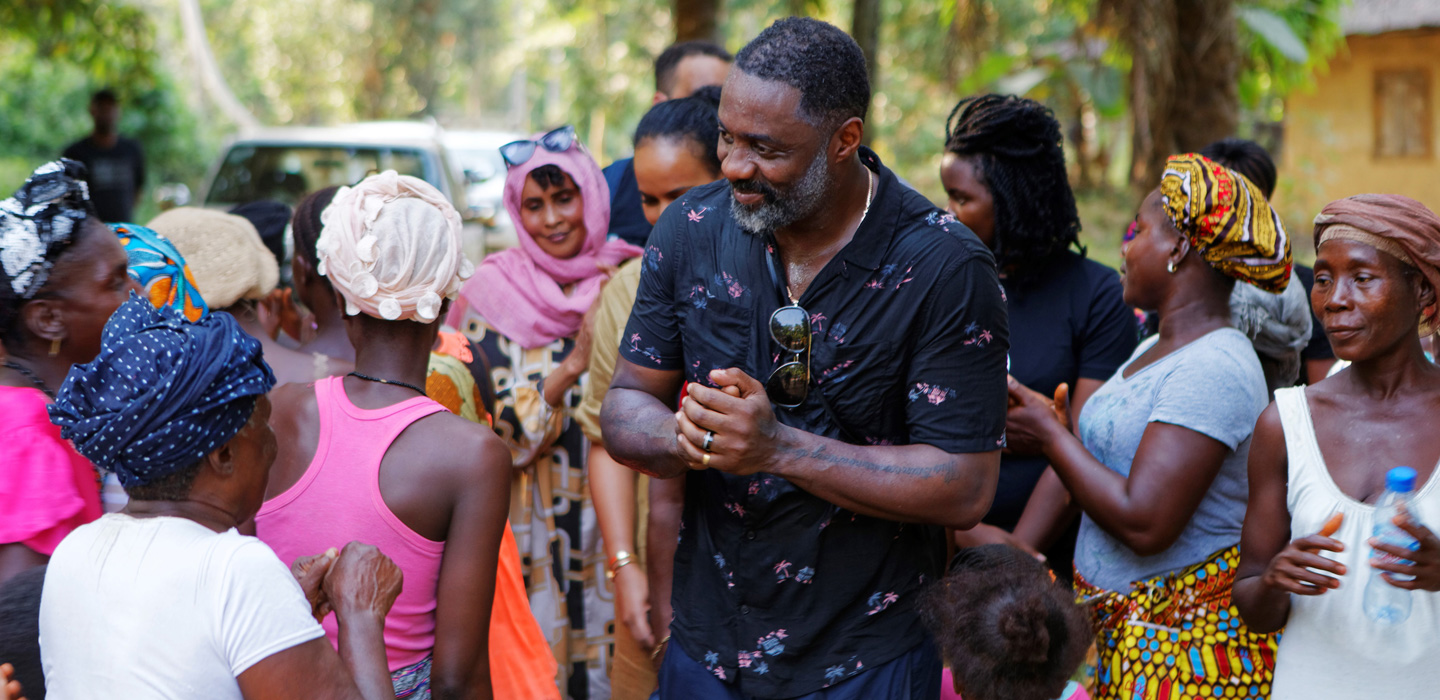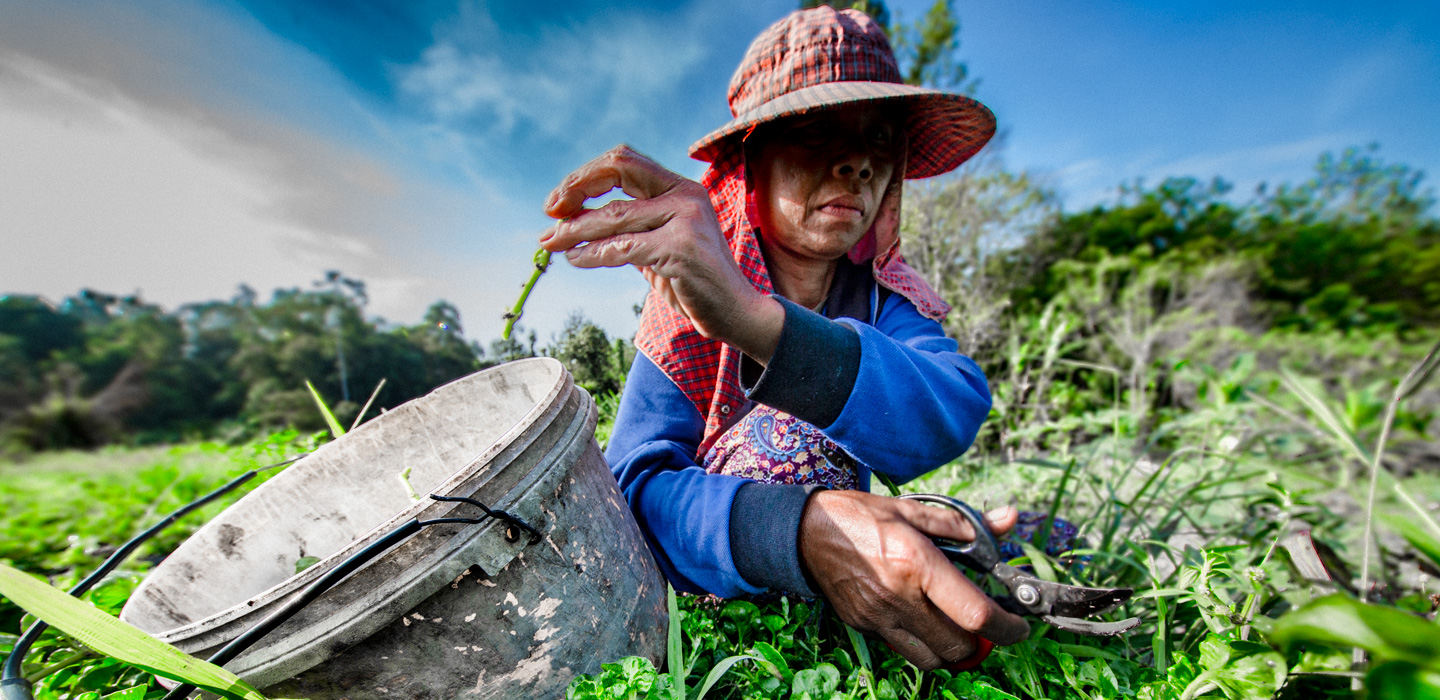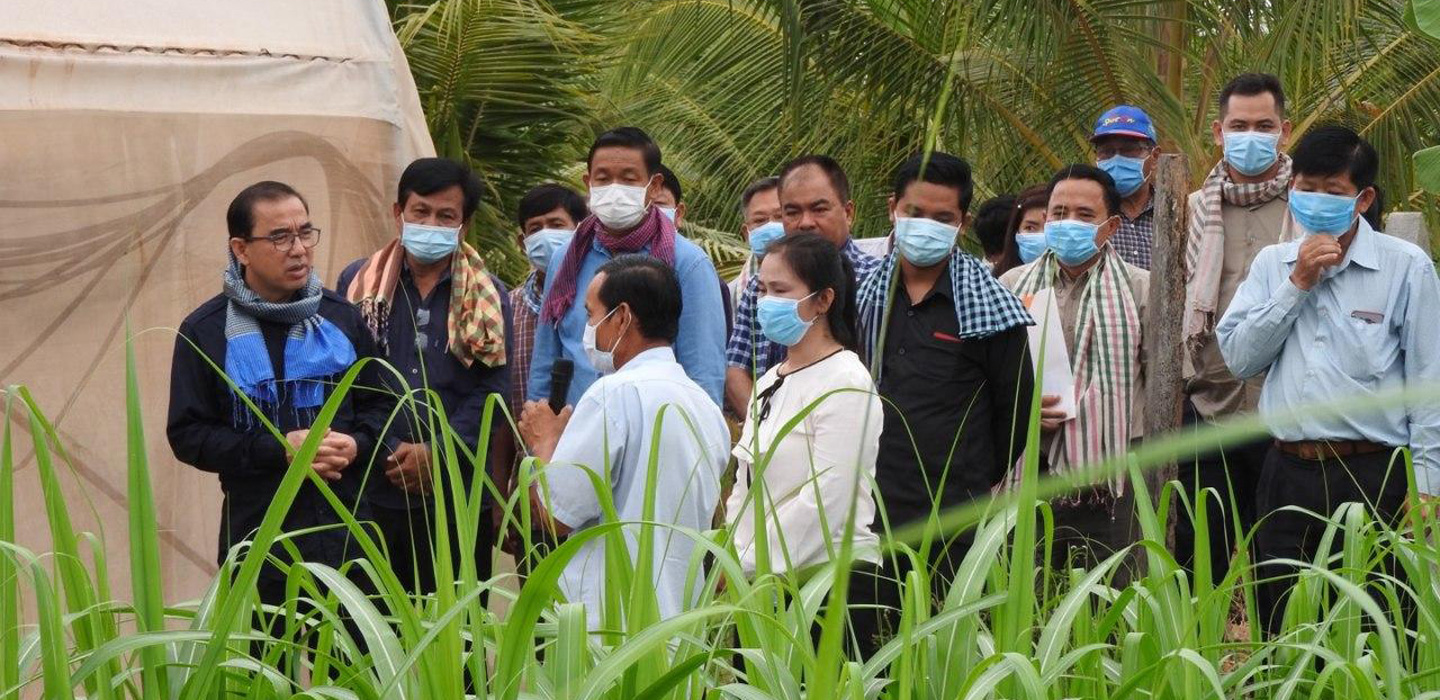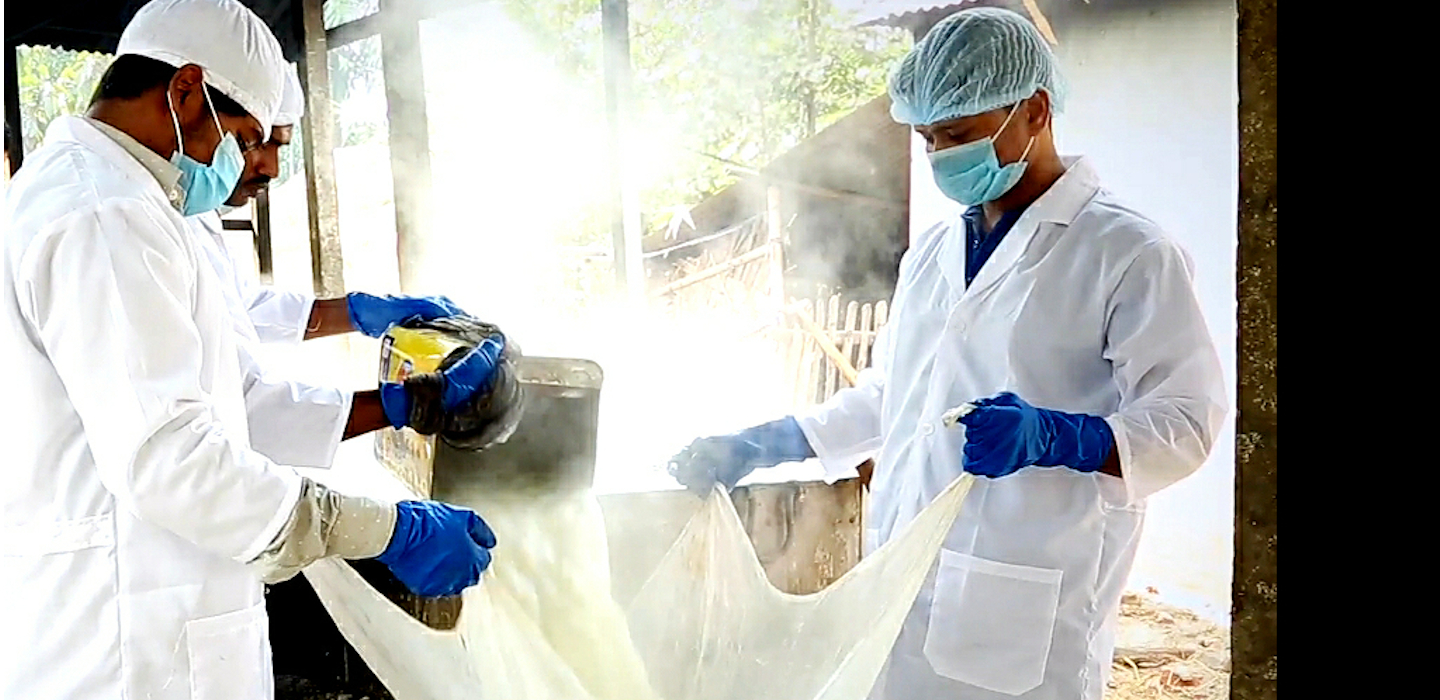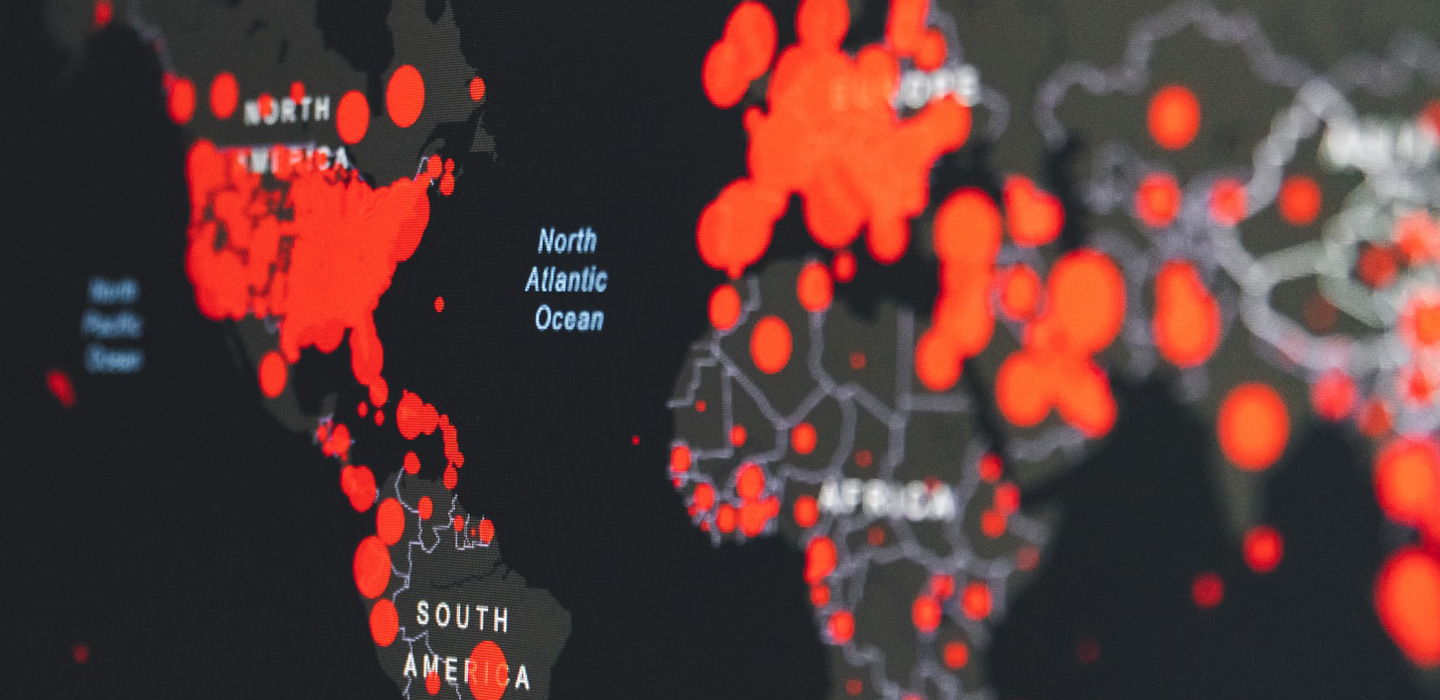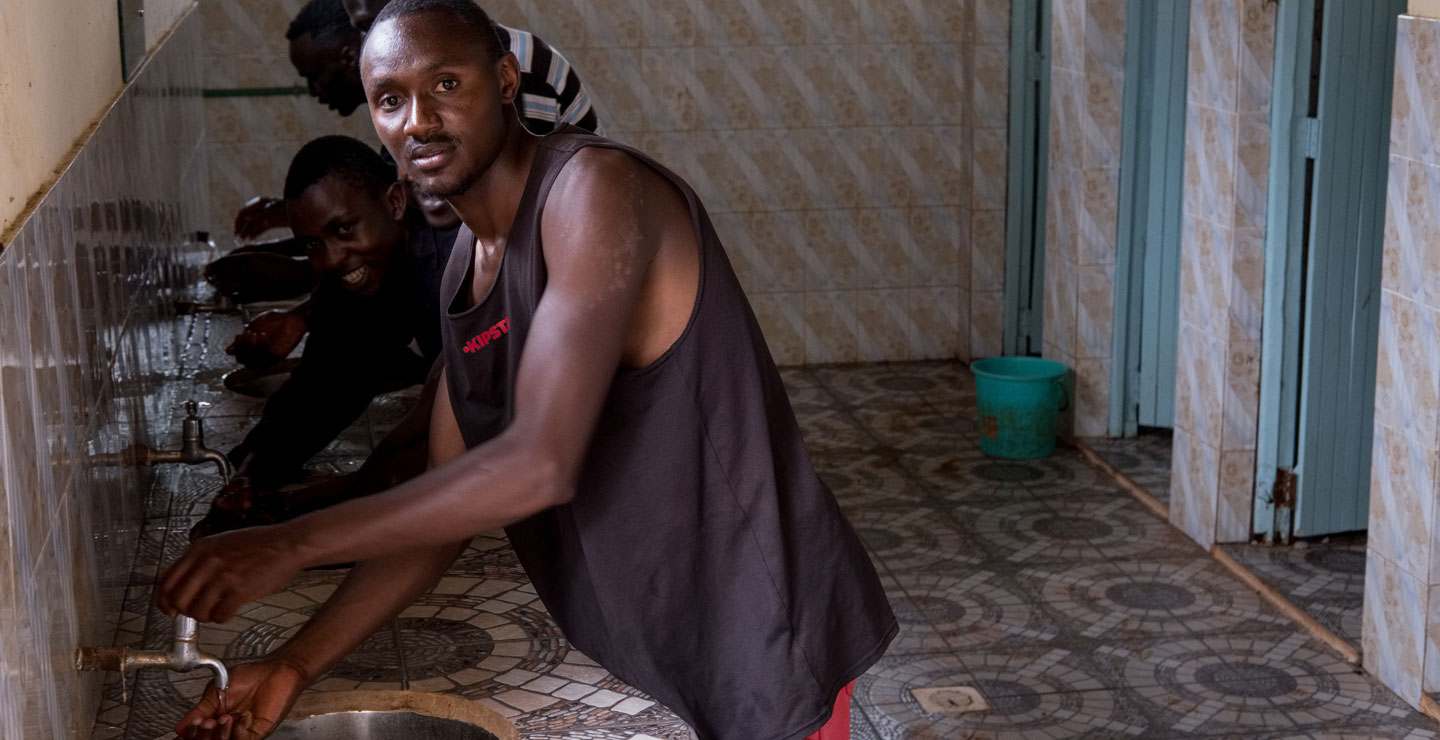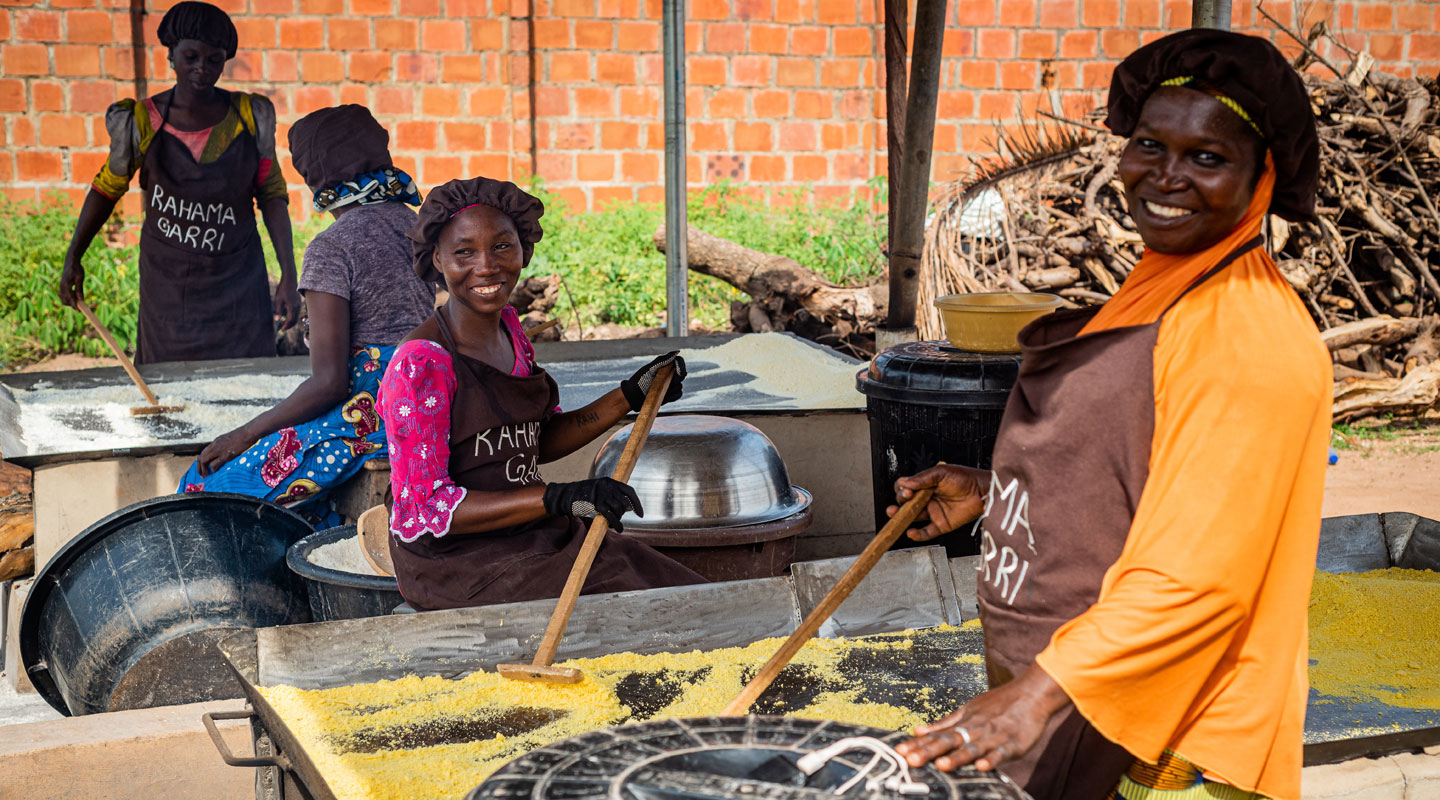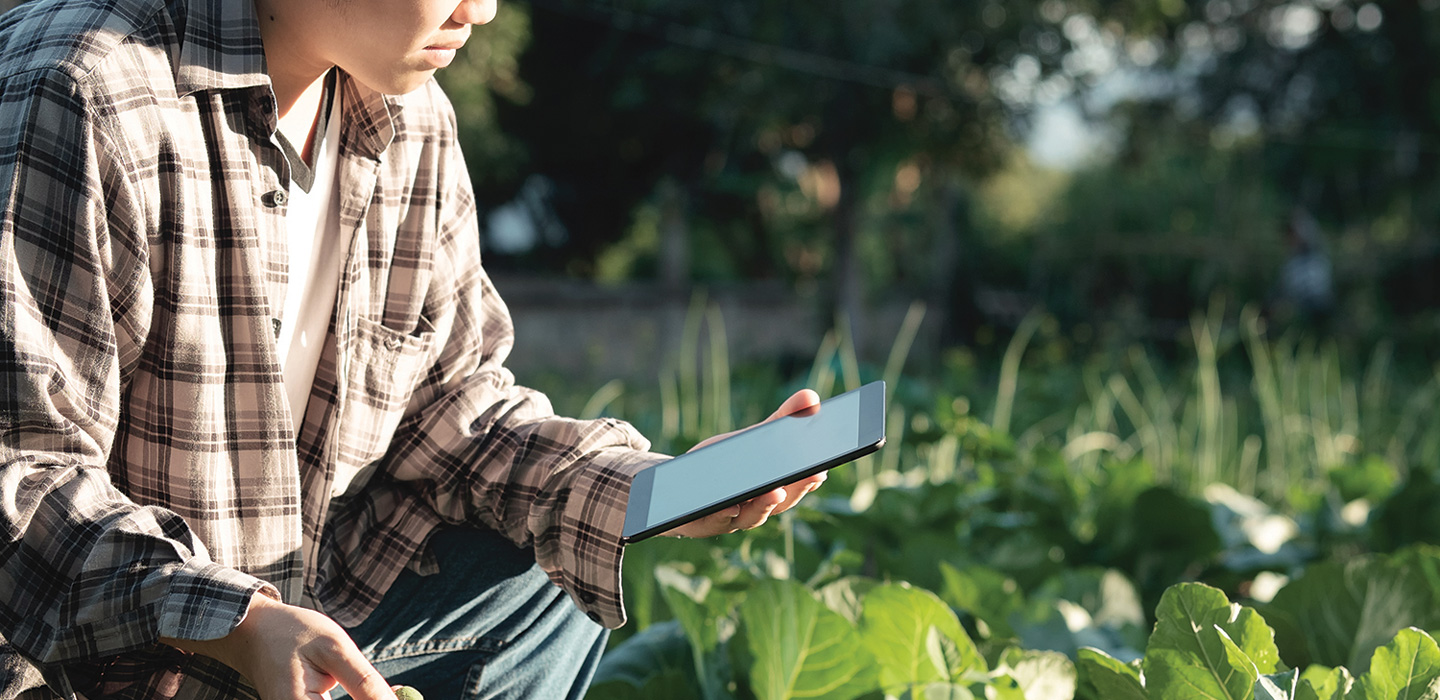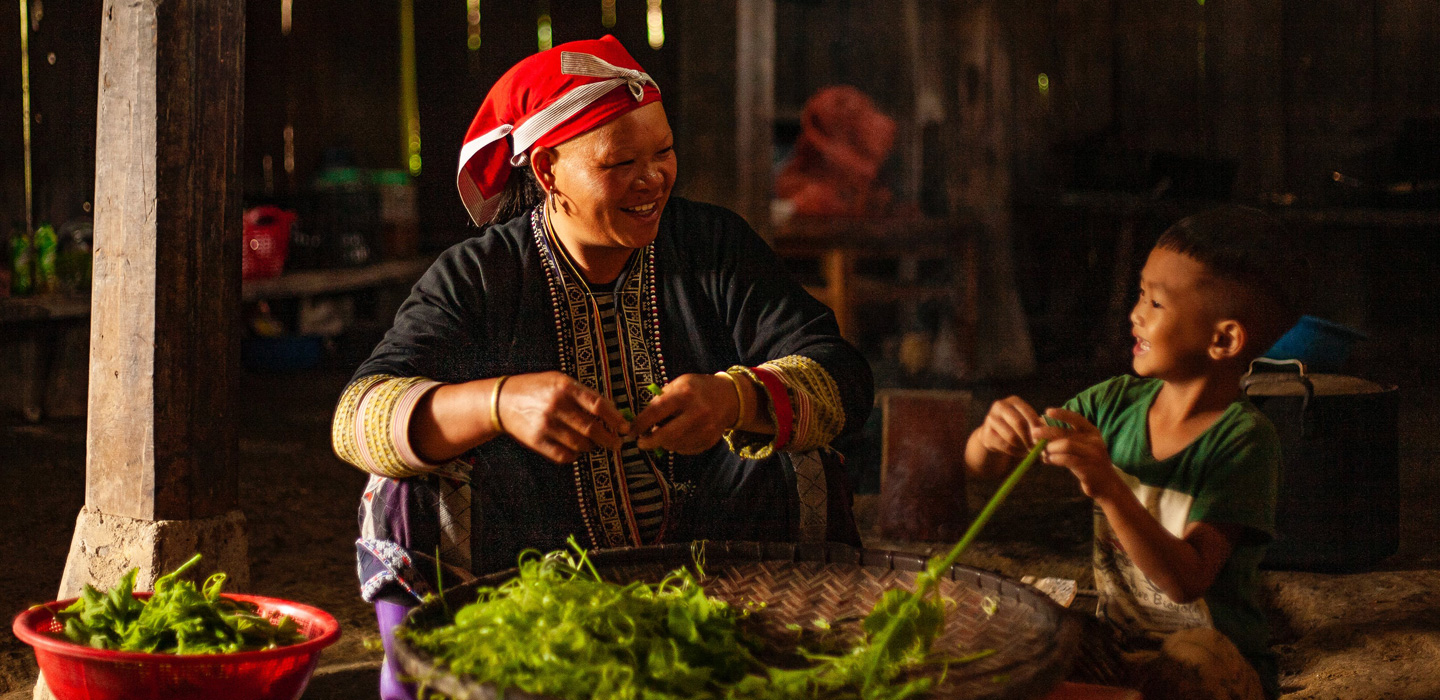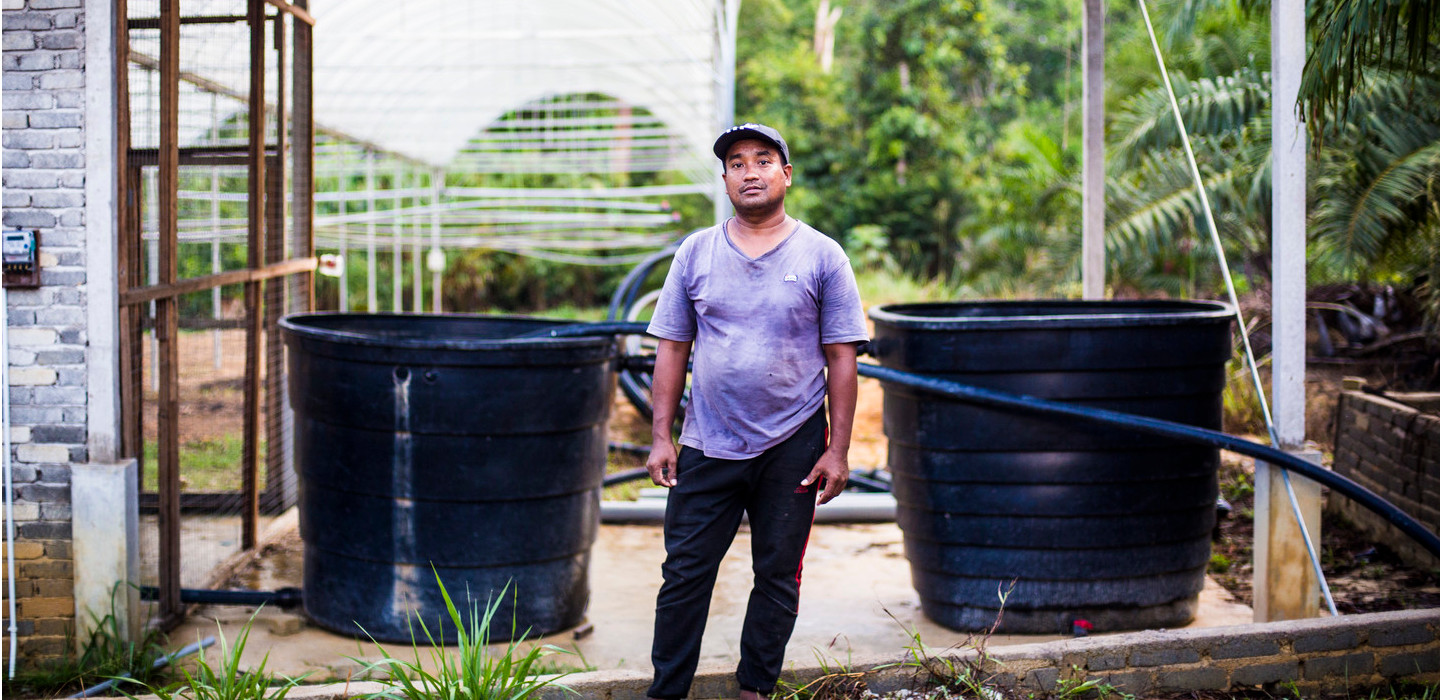Latest
Latest

Latest
Manual Submenu Topics
Search Results Filters
Search Results
From Meghalaya to Jharkhand, how India is ensuring agri supply chains are not disrupted
In a world living with Covid-19, it is clear that supply chains and logistics should be simple and easy to manage. And that’s what several Indian states are doing.
Keeping exports flowing: Saving development gains in Rwanda
When exports of dried pineapple resumed at the beginning of May, after the lockdown, Jean Damascène Hakuzimana, President of the Tuzamurane farmers’ cooperative, was relieved.
Maintaining critical extension services for smallholders during COVID-19
Agricultural extension services play a fundamental role in building producers’ capacities to maintain good agricultural practices.
Restoring nature and livelihoods: Experiences in Zambia
World Environment Day is a day set aside to raise awareness about environmental issues and encourage protective action. This year’s theme is “Time for Nature.”
Why do wet markets matter?
Since the COVID-19 virus outbreak, much information and misinformation has been circulated about wet markets and an international rallying cry has been made for wet markets to be better regulated or even closed down.
Improving the livelihoods of artisanal fishers and their communities along Mozambique’s coastline
The IFAD-supported Artisanal Fisheries Promotion Project (ProPESCA) was implemented to improve the livelihoods of artisanal fishers and their communities living along Mozambique’s coastline.
On tap: How regular water supply helped farmers discover a green thumb in Bhutan
Despite the lush greenery that surrounds Ngarpongtang village in Thangrong, Bhutan, until recently, it was impossible to grow vegetables there. “I used to have to go to other villages to exchange pinewood for vegetables,” says Wangdi, a 54-year-old farmer. “We couldn’t get vegetables to grow here.”
IFAD supports projects that increase agricultural productivity and incomes in Madagascar
Rural development projects financed and supported by IFAD have helped to reduce rural poverty and increase rural entrepreneurship in Madagascar, according to a new report presented today.
Building up family farmers’ resilience through nature-based solutions in Latin America and the Caribbean
Resilience has become the talk of the town in the development community.
Ensuring environmental sustainability and building resilience to climate change
Extreme weather events, such as droughts, storms and floods, are putting pressure on the ecosystems that farmers depend on, as are gradual processes such as rising sea levels and melting glaciers.
Leveraging artificial intelligence: Harnessing big data to improve decision-making
To take advantage of the potential of AI, IFAD employed machine learning techniques to extract insights from across IFAD’s entire investment portfolio.
Sierra Leone: Recovering from a pandemic
In 2014, the people of Sierra Leone faced a seemingly unstoppable virus and a catastrophic outbreak, leading to strict precautionary measures, quarantine and fear.
The impact of COVID-19 on smallholders in China
One emerging lesson from the pandemic is that those who are already vulnerable are likely to be the most severely impacted.
El FIDA centrará su actividad en México en promover la inclusión económica activa de la población rural más pobre y vulnerable
El Fondo Internacional de Desarrollo Agrícola (FIDA), el organismo especializado de las Naciones Unidas para el desarrollo rural, ha validado su estrategia de actuación hasta 2025 en México. En ella se fija como principal objetivo promover la inclusión económica activa de la población rural para luchar contra la pobreza.
What’s needed to protect food security in Africa during COVID-19
In most of Africa, people are more likely to die from starvation caused by the economic fallout from the pandemic than from COVID-19 itself.
Zainab Semgalawe talks about rural institutions
Zainab Semgalawe, lead regional technical specialist, talks about rural institutions
Sauli Hurri talks about rural finance, markets and value chains
Sauli Hurri, senior regional technical specialist, talks about rural finance, markets and value chains
Michael Hamp talks about rural finance, markets and value chains
Michael Hamp, lead technical specialist talks about rural finance, markets and value chains
Oliver Page talks about climate change and environment
Oliver Page, regional specialist, talks about climate change and environment
Marie-Aude Even talks about agronomy
Marie-Aude Even, senior regional technical specialist in agronomy at IFAD, talks about crops development.
Mattia Prayer Galletti talks about indigenous peoples
Mattia Prayer Galletti, lead technical specialist at IFAD , talks about indigenous peoples.
IFAD’s Sara Mbago-Bhunu to join renowned Global South Experts on Commission on Sustainable Agricultural Intensification
Sara Mbago-Bhunu, IFAD’s director for the Eastern and Southern Africa Division, is among twenty-two renowned experts from across the Global South who are joining a major new Commission on Sustainable Agriculture Intensification (CoSAI).
Putso Nyathi talks about agronomy
Putso Nyathi, senior regional technical specialist in agronomy at IFAD for the east and southern Africa region, talks about agronomy.
Mitigating the impact of COVID-19 on small-scale agriculture in The Gambia
The COVID-19 pandemic has shown us just how vulnerable agricultural value chains are to external shocks – and how much more we need to do to build the sector’s resilience.
Tom Mwangi Anyonge talks about youth
Tom Mwangi Anyonge, lead technical specialist at IFAD , talks about youth, rural development and institutions.
Jonathan Agwe talks about rural finance, markets and enterprises
Jonathan Agwe, lead regional technical specialist talks about rural finance, markets and enterprises
Protecting health and protecting livelihoods: a delicate balance in the era of COVID-19
Development encompasses a wide range of actions that enables people, communities and nations to thrive even after projects have ended.
Media invite: IFAD and WEF panel - Protecting food security during COVID-19
Online briefing with experts from the International Fund for Agricultural Development (IFAD) and UN Goodwill Ambassadors for IFAD Idris and Sabrina Dhowre Elba on food security in times of COVID-19.
Long-term development supports quick action in a crisis: an update from Asia and the Pacific
It has been really inspiring to receive updates from the field over the past two months illustrating how IFAD-supported projects are continuing to deliver.
The potential impact of COVID-19 on China’s food security: Prospects for food imports
Last week, the China Grain Reserve Group announced its intention to purchase 22 million tonnes of imported grain during 2020. Should China worry about food security?
Planting seeds in the new normal: Rural women in Pakistan amid COVID-19
In rural Pakistan, women are important partners in agricultural development. They perform a variety of crucial tasks, including weeding and tilling land, planting seeds, collecting farmyard manure and harvesting. They are also responsible for cleaning, drying and storing grains.
Balancing the Pandemic, Biodiversity and Farming - Episode 8
In this month’s programme, we explore how to maintain a balance between battling COVID-19 and promoting farming and biodiversity.
On the International Day for Biological Diversity, commitment to sustainable agriculture is more important than ever
This year’s theme for the International Day for Biological Diversity is “Our Solutions are in Nature.”
In Brazil, a “quiet revolution” for rural women makes the invisible visible
In north-eastern Brazil, as in so many other places, rural women's work is often invisible. But a revolution is taking place – and IFAD is a part of it.
Bees, biodiversity and COVID-19 - World Bee Day
Bees support countless ecosystems, bolster biodiversity, anchor food chains and help ensure humans’ agricultural security. Not bad for insects no bigger than a paperclip.
Fast and flexible: IFAD’s first successful project restructuring protects smallholders in Bosnia and Herzegovina
The COVID-19 outbreak has disrupted agricultural and food systems around the world, along with the livelihoods and food security of the poorest rural communities – precisely the groups of people whom IFAD concentrates its efforts on.
Stay at home! Savings, contingencies and electronic wallet use
Without initially knowing it, last year more than 13,000 young women in Colombia began to prepare for the current economic and social impacts of the COVID-19 pandemic.
Five ways organizations can help countries build agile and inclusive responses to COVID-19
How can we enhance local capacity to respond to this emergency in an agile and inclusive manner?
COVID-19 response must target African agriculture and the rural poor
Africa has so far escaped the worst health consequences of the COVID-19 pandemic. But the continent looks like it could be the worst hit.
Colombia: Rebuilding lives and businesses in post-conflict rural areas
Colombia is a country rich in natural resources and diverse communities. But in small towns and across the countryside, many families remain poor.
El FIDA invertirá USD 554 millones para apoyar la recuperación de la agricultura familiar en América Latina y el Caribe tras el impacto de la COVID-19
El FIDA destinará USD 554 millones de dólares para sostener la agricultura familiar en América Latina y el Caribe durante la crisis de la COVID-19 y para contribuir a su recuperación y modernización una vez el impacto de la pandemia haya pasado.
No ordinary solution: Afro-Colombian ingenuity in the fight against COVID-19
The story of the Afro-Colombian community has always been one of resilience. Historically, this group has faced the country’s highest rates of poverty and food insecurity, and has lacked access to many basic services.
The making of a turning point: A rural Chinese women’s cooperative joins the COVID-19 fight
In 2016, the IFAD-funded YARIP project had partnered with the Qujing Zhanyi District Women’s Federation to transform traditional embroidery art into a new source of income and employment. Qujing, located in the ethnically diverse Yunnan province, is home to the Yi, an ethnic group with a population of about 300,000.
Before and during COVID-19, an e-voucher initiative makes a difference for Kenyan farmers
Victoria Muteti, a 44-year old farmer living in Kenya’s Makueni County, has many reasons to be satisfied. In January 2020, she was able to harvest more than 2,500 kilograms of sorghum from her 2.5-acre farm – far more than the 1,000 kg she harvested in 2019.
Tracking the implementation and impact of the Uganda Yield Fund: A groundbreaking M&E system for a groundbreaking fund
We are in the middle of a shift in how development is financed. Impact investing is on the rise.
When they came home: Migration and responses to COVID-19 in India
With most of the world sheltering in place due to the COVID-19 pandemic, ILO estimates that about 2.7 billion people are currently affected by workplace closures.
Small-scale farmers can help build resilient food systems in a post–COVID-19 world
Before the COVID-19 pandemic, more than 820 million people were living in hunger. Tens of millions more will join them if we do not take the right actions, and quickly.
Chef Bela Gil’s pesto-millet balls: A lockdown-friendly recipe
We’ve been asking our Recipes for Change chefs to tell us how they are adapting to life during the coronavirus pandemic – and to share a delicious recipe that can be made with basic cupboard ingredients.
Empowering and protecting rural women in the time of coronavirus
The April morning sun beats down on Kontagora, a lively market town in central Nigeria. Generators hum as milling machines husk the brown bran from rice grains, revealing glistening white kernels. COVID-19 is on everybody’s mind. But the thriving Tudun Wada South Rice Processors women’s cooperative is open for business.
How do shocks affect project impacts?
Past experience tells us that quick, tailored support is required to ensure that the impacts of our projects are protected from the effects of the COVID-19 crisis.
Investing in Food in the Time of Coronavirus - Episode 7
We begin this month’s programme with an update on IFAD's operations and on investing in food during the time of coronavirus.
An Asia-Pacific crisis like never before
After many years of sustained annual reductions in poverty and hunger across the Asia-Pacific region, the COVID-19 global pandemic is threatening a massive reversal of these gains and driving Asian countries into recession.
Recipes for Change: Chef Lance Seeto’s homemade chicken, ginger and greens soup
IFAD’s Recipes for Change chefs are adjusting to life in a world contending with COVID-19 – and as a part of that, they’re sharing some excellent recipes that you can make with ingredients you’ve already got in your home cupboard.
IFAD announces landmark investment in impact fund helping rural SMEs
In a continuation of its efforts to help small-scale farmers and micro-, small and medium size rural enterprises in developing countries create jobs and increase incomes, IFAD announced today it will make an investment of US$9 million (€8.4 million) into the Agri-Business Capital (ABC) Fund, a blended capital impact fund.
As Earth Day adopts a climate action theme, let’s not forget about smallholder farmers
On this day 50 years ago – the first Earth Day had just taken place – and a global movement was born.
Recovery, reactivation and resilience: Confronting COVID-19 in Latin America and the Caribbean
With half of the planet’s population locked down, the global economy brought to a halt and the number of cases reaching into the millions, it is clear that the COVID-19 pandemic is the biggest crisis of our time.
IFAD’s response to the COVID-19 crisis - protecting and enhancing rural resilience
The COVID-19 pandemic is far more than a health crisis: it is affecting societies and economies. IFPRI estimates, for example, that 140 million additional people could fall into extreme poverty this year as a result of the virus.
Collaborating in a time of crisis: Three early takeaways from the COVID-19 response in India
The tremendous progress in reducing poverty made by India over the past 25 years could now be reversed because of the unprecedented emergency facing all of us – the COVID-19 pandemic.
Teach me how to fish and I will transform my life – and my community
Along the coastline of Mozambique, fishing boats dot the clear blue waters. For the people on these boats, their daily excursions are their livelihood – in more ways than one.
#IFADatwork: our mission in the time of COVID-19
This interactive map shows how our colleagues, beneficiaries, and partners have continued working, while taking steps to stay safe.
UN Goodwill Ambassadors Idris and Sabrina Elba launch appeal for IFAD’s $200 million coronavirus relief fund for rural communities
Actor, filmmaker and humanitarian Idris Elba and actress, model and activist Sabrina Dhowre Elba today launched a new global coronavirus relief fund on behalf of IFAD to prevent economic shocks caused by the COVID-19 pandemic from triggering a global hunger and food crisis.
New IFAD fund launched to help prevent rural food crisis in wake of COVID-19
With the COVID-19 pandemic and economic slowdown threatening the lives and livelihoods of the world’s most vulnerable people, IFAD today committed US$40 million, and launched an urgent appeal for additional funds, to support farmers and rural communities to continue growing and selling food.
Supporting Cambodian farmers during the COVID-19 pandemic
Cambodia has made remarkable progress and achieved lower-middle-income status - but the COVID-19 pandemic threatens to strain the entire economy.
IFAD helps shape Bangladesh’s response to the coronavirus crisis in rural areas
An IFAD team in Bangladesh provided a proposal to the Government for a certified safe transport and logistics system for movement of inputs and produce in rural areas.
COVID-19: An opportunity for the road not taken?
Amidst the suffering and economic hardship caused by the COVID-19 emergency, one silver lining has emerged: an interruption to the greenhouse gas emissions and environmental degradation stemming from human activity.
Re-imagining our economic choices
The COVID-19 pandemic will reshape all our economic choices. Nations have made a crucial choice in recent weeks, choosing human life over economic growth.
IFAD-funded water system helps Kenyan students stay safe
Last month, we brought you the story of the Mukurwe-ini Technical Training Institute, a school in Kenya’s Nyeri county whose new roof water harvesting system was improving the lives of the students, staff and nearby residents. In recent days, with Kenya now affected by COVID-19, we reached out to Patrick Muchemi, principal of the Institute.
Recipes for Change: Chef Pierre Thiam shares a lockdown-friendly vegan chilli recipe
IFAD’s Recipes for Change chefs are carrying on with life under lockdown by sharing some excellent recipes that you can make with ingredients you’ve already got in your home cupboard. Senegalese Chef Pierre Thiam joins us from his home in New York State with a delicious recipe for vegan chilli.
Shaping a holistic response to COVID-19: Protecting food systems and rural producers
It is easy to lose sight of the big picture when called upon to act quickly in response to the human tragedy caused by COVID-19.
Driving AgriTech adoption: Insights from Southeast Asia’s farmers
By leveraging the tools that internet marketing companies have already honed to reach consumers, governments can deliver quality agronomy advice at scale.
Solidarity and flexibility: IFAD-supported artisans produce masks and hairnets to fight coronavirus in Brazil
An organization of artisan women, facing a slowdown in their work due to the economic effects of the COVID-19 pandemic, has begun to make protective gear for local health care workers.
Six ways investing in rural communities makes people healthier
Malnutrition causes health problems and losses in economic productivity. Over the course of their lifetimes, malnourished individuals can earn 10 per cent less than those who are well-nourished.
Targeting at IFAD - Focusing efforts to create opportunities for rural poor people
To improve its contribution to the 2030 SDGs Agenda of eradicating poverty in all its forms and in line with the Leave No One Behind framework, IFAD has committed to improve its targeting performance.
Making sure rural communities won't be left behind in the response to COVID-19
Whenever crisis strikes, it is invariably the poor and the vulnerable who suffer most. In many cases, they are directly affected by crisis; in other cases, their lives are made harder by the economic consequences. Often it is both. We have seen this time and time again.
Dealing with the COVID-19 Crisis - Episode 6
We’re coming to you ahead of schedule with an extra edition: an interview with IFAD’s President Gilbert Houngbo on how the novel coronavirus has impacted IFAD’s work.
